






The Academy International School’s learning environment and curriculum is carefully designed to encourage, nurture and continuously develop a joy of learning. We offer a broad and balanced curriculum, delivered by motivated and creative teachers, to ensure that learning is effective and promotes a lifelong passion for education.
The start of the IGCSE courses in year 10 signify an important milestone in the learning journey for our students. For the first time, they are able to make some significant choices regarding the subjects that they wish to study.
With the help of this options guide, their teachers, form tutors, and parents, our students will be able to make well informed decisions regarding their studies for the next two years.
This booklet outlines a variety of subjects designed to cater to students’ different interests and support their future goals. Students should take time to explore the subject options and make informed decisions that suit their preferences.
Before deciding, look at all of the available options carefully. For students who have a firm career idea, they should choose subjects that they will need for the next stage of their career journey - the ones you need to go into further or higher education or into an apprenticeship or job with training. For students who do not yet have a firm career idea, they should choose subjects that will allow them to keep their options open. Students are always welcome, and are encouraged, to ask for help and advice from subject teachers, form tutors, and the careers advisor.
We hope that you find this guide a useful resource in helping to make these important decisions.
Mrs C Foster
Head of Secondary

Mr D Anderson
Deputy Head Pastoral
Mr K Vincent Assistant Head Assessment and Data
Mr N Davda
Assistant Head Curriculum
To satisfy the requirements of the British curriculum, there are certain subjects which students must study.
However, students entering Y10 must complement these compulsory subjects with four subject choices. Once these choices (options) are chosen, students must attend these courses and sit IGCSE exams, where applicable, the same as for the compulsory subjects.
The subject choices currently available are: French, German, history, geography, business studies, art and design, drama, music, physical education, and computer science.

Students should already have all of the information they need to help inform their choices, and will have had chance to discuss their choices with their parents, subjects teachers, form teachers, and even the careers counsellor.
Once choices are made at the end of the second half of spring term, no changes will be permitted until after the courses have started. This is because the school needs to be able to plan accommodation and teaching classes based on expected numbers in each option.
Occasionally, students feel that they have made a mistake, which they realise after the course has started.
In these circumstances, the student should first make an appointment with their tutor to discuss. It can be di cult to start a course after the beginning of term, so the school requires that any student requesting a change should speak to the subject teacher as well as their tutor before submitting a formal request.
The student will be required to meet with the head of secondary school, who will make the final authorisation to change. Such authorisation will only be given if there are places still available in the teaching group required and on being satisfied that it is in the student’s best interest to make this change.
We expect students to make their final choices and give each subject a fair try before requesting any change. Any request for a change will only be considered during the first half term of Year 10. This gives students time during the half term break to catch up.
After the first half term, we consider this too late to start a new course, and expect all students to remain committed to the full two-year courses they have chosen.


At The Academy International School, we work with two major examination boards: Cambridge, and Pearson (Edexcel), in addition to the International Baccalaureate Organisation for sixth form.
Cambridge subjects are graded on a scale of A* to G, with A* being the highest possible grade.
Pearson (Edexcel) subjects are graded on a scale of 9 to 1, in common with UK schools, with 9 being the highest possible grade.
On the A* to G scale, used by Cambridge, a grade C is regarded as a passing grade.
On the 9 to 1 scale, used by Pearson Edexcel, a grade 4 is regarded as a standard pass, and a grade 5 as a strong pass.
The table below shows how the grading scales relate to the Spanish system, as well as to the Academy’s expected levels:
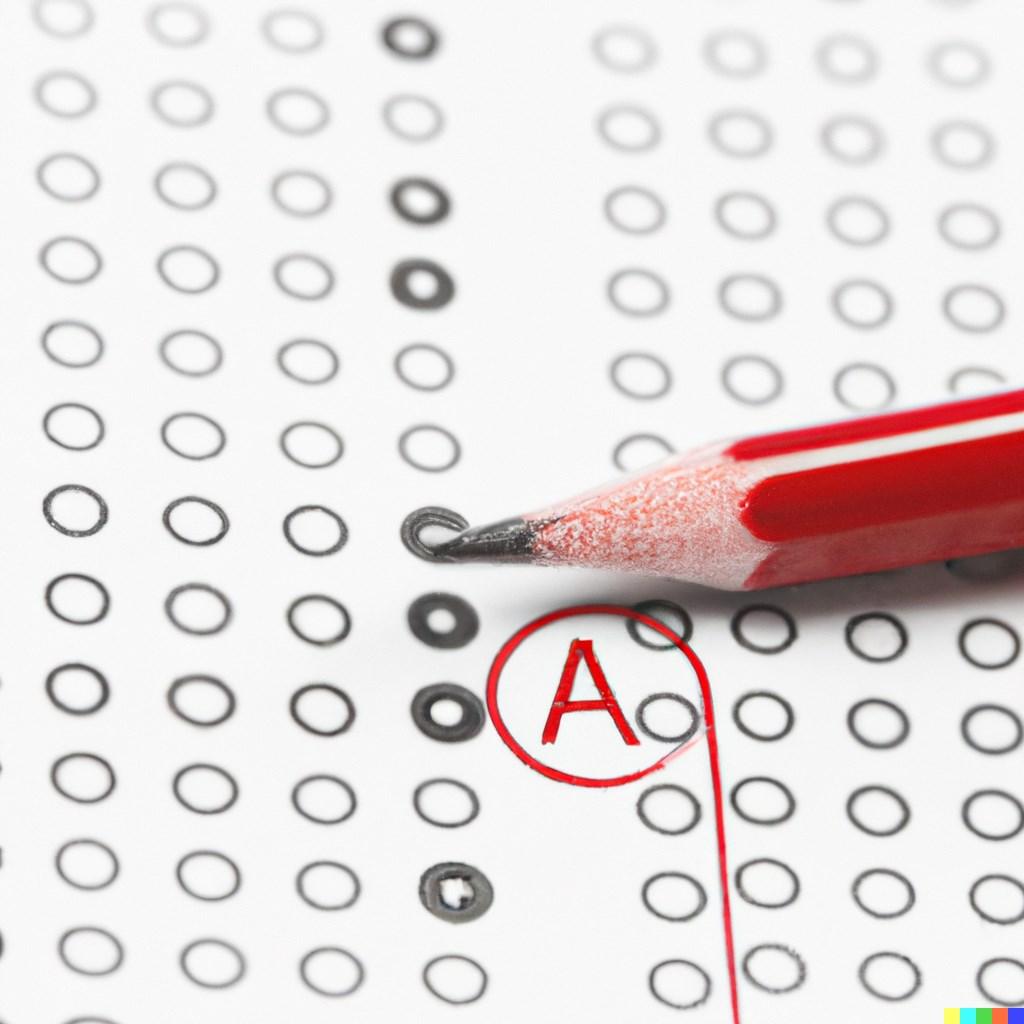

You are good at it and think that you will enjoy the

That it’s a subject all your friends have chosen (it’s only a couple of hours a week away from them!).

The subject is related to ideas you may have about your future career.

That you believe the subject will be easy, and you might not have to put in as much effort.

The subject complements (goes well with) your other subject choices.

You think it’s a good option for a boy/girl to do.

The subject will help you develop knowledge and skills that interest you.

You like the teacher you currently have.

The subject will allow you to keep your options open” future study.

Someone else (e.g. friends), thinks that it is a good idea. Your teachers are always here to advise.

If you are considering studying this subject after you finish Year 11.

That you make a quick decision because you did not make time to properly research the subjects.
END OF SPRING TERM 1
Release of the options booklet to parents and students.
END OF SPRING TERM 2
Careful analysis of subjects chosen will take place by the school leadership team. Timetable blocks decided based on students’ choices.
SUMMER TERM
SPRING TERM 2
Options information evening for students and parents, presentation, and opportunity to talk with the school leadership team. Following this, parents will complete an online “expression of interest” form, to show the subject choices they would most like to study.
This will help the leadership team to put the subjects into timetable blocks to cater for most subject choice combinations.
START OF SUMMER TERM
Option blocks confirmed and students / parents informed of the option subjects which will be followed in Year 10.

END OF SUMMER TERM
Timetables for upcoming year finalised.
All students are expected to sit the IGCSE exams for the subjects that they have elected to study, plus those of the core curriculum. Typically, students will finish Year 11 with eight to ten IGCSE qualifications. Catalan, Ciencias Sociales, PSHE, and sports, are non-examined subjects.
Where a student already has a high level of proficiency in the Spanish language, they will normally complete the Spanish as a Foreign Language IGCSE. Many students also choose to sit the English as a Second Language IGCSE at the end of Year 10. In addition, students who are proficient in other languages may chose to sit the corresponding foreign language IGCSE (we are able to offer French, German, and Italian).
Students who show the necessary ability in French or German are also offered the opportunity to sit the corresponding first language IGCSE at the end of Year 11.
As these examinations are externally marked by Cambridge and/or Pearson, we must pass on the cost of these examinations, plus associated administration and postage fees to parents.
Invoices for exam entries will be sent to parents in February.
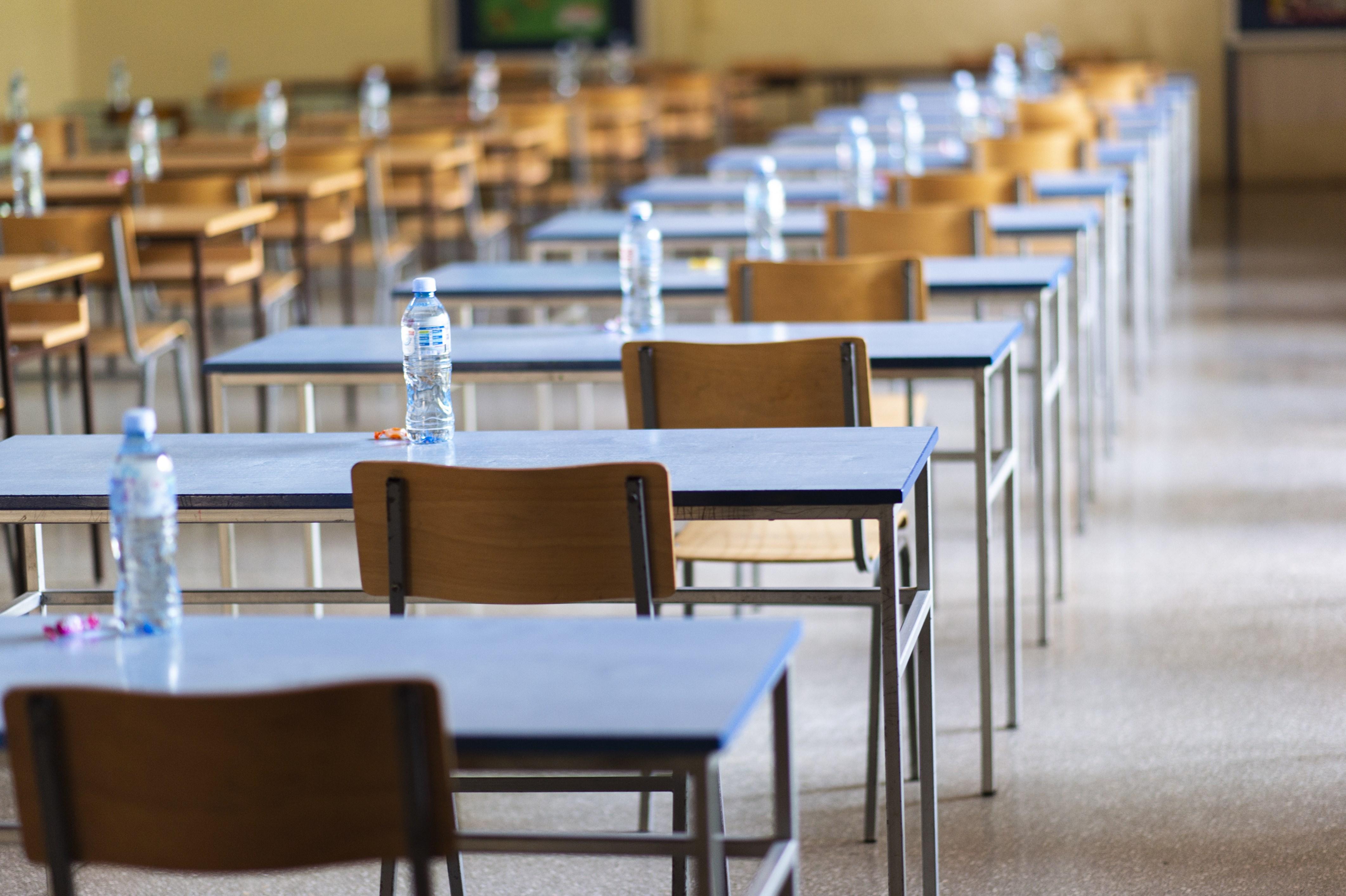
The physical and mental wellbeing of children is of great importance. Children should always feel safe, respected, and valued, and should be able to receive help when required: both at home and at school.
Pastoral care at The Academy is just one of the many ways we place pupils’ wellbeing at the heart of everything we do. It ensures children are well supported during their time with us. After all, education and health and wellbeing are closely linked, so if your child is content and happy whilst they are in school, they will be more likely to achieve academic success.
Students in Years 10 and 11 will continue to have a form tutor for the year. The tutor registers the class each morning from 08.45, gives important reminders for the day ahead and delivers the PSHE lessons once a week. These PSHE lessons focus on a range of topics tailored especially for Year 10 and 11 students: stress management and coping with exams, healthy relationships, application processes and skills for further education, to name but a few. After completing their final IGCSE exams, Year 11 students will have one week of work experience in a career they are keen to pursue. organised by our Careers and University Counsellor.
At the start of each academic year, the school provides the programme of extra-curricular activities on offer. Active participation in PE (sports) lessons and extra-curricular activities that students are passionate about will improve brain functioning and help to increase their skill set. Research has shown that participation in sports activities will train students to focus, build stamina and develop persistence and resistance.
We encourage students to broaden their horizons and challenge themselves by exploring new activities outside their comfort zone.

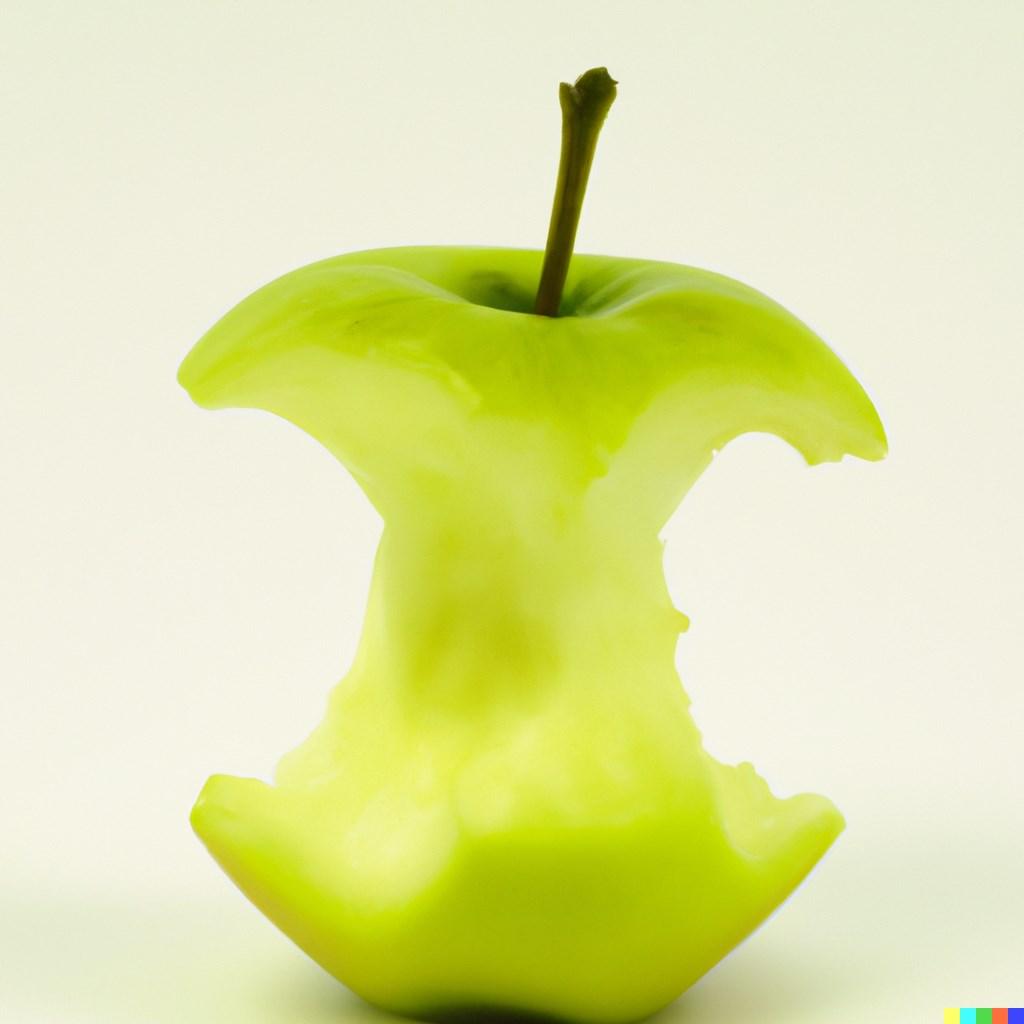
“E uca i i s e n ha y c i ”
- Oliver Marcos Walker, CEO of The Academy School
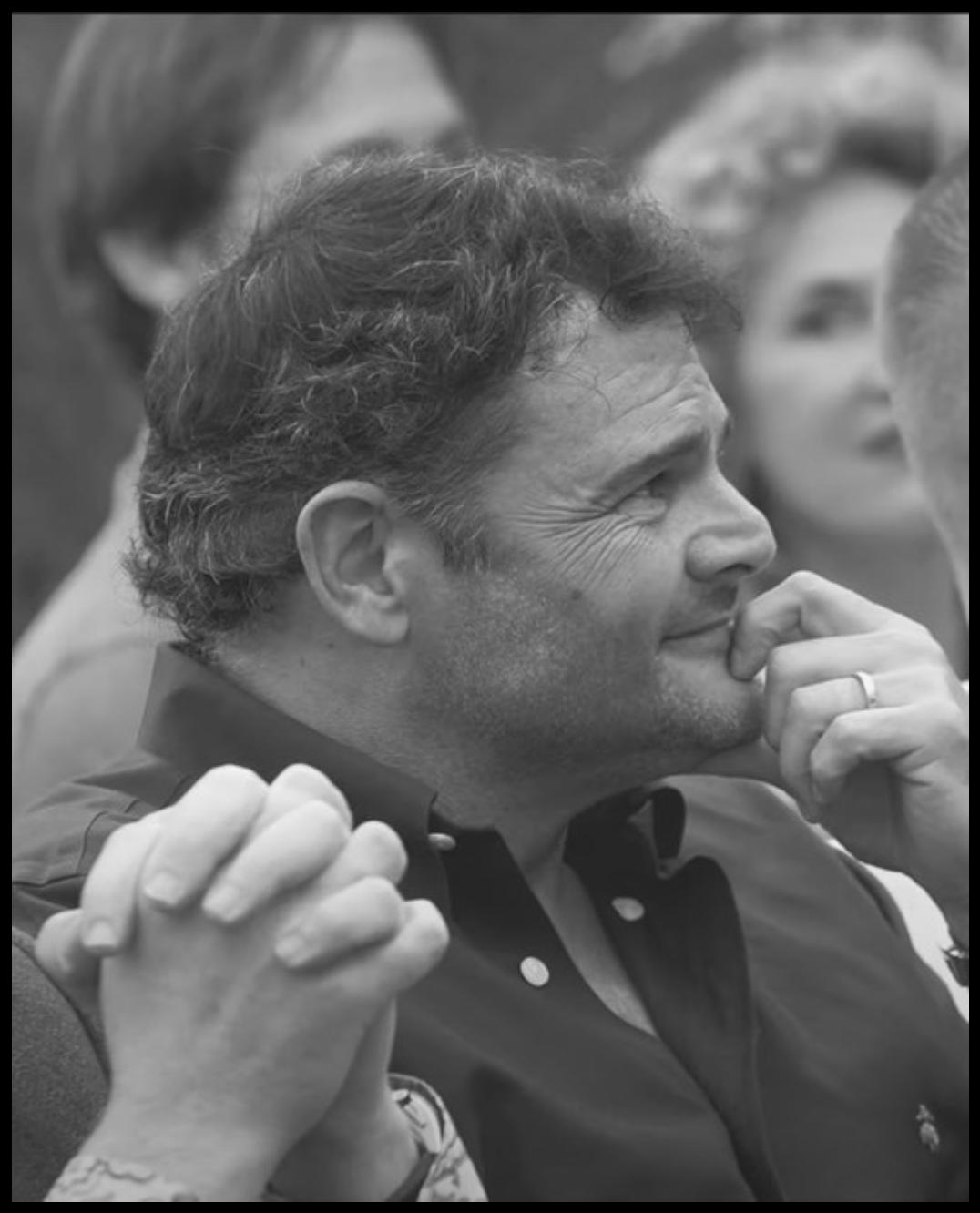
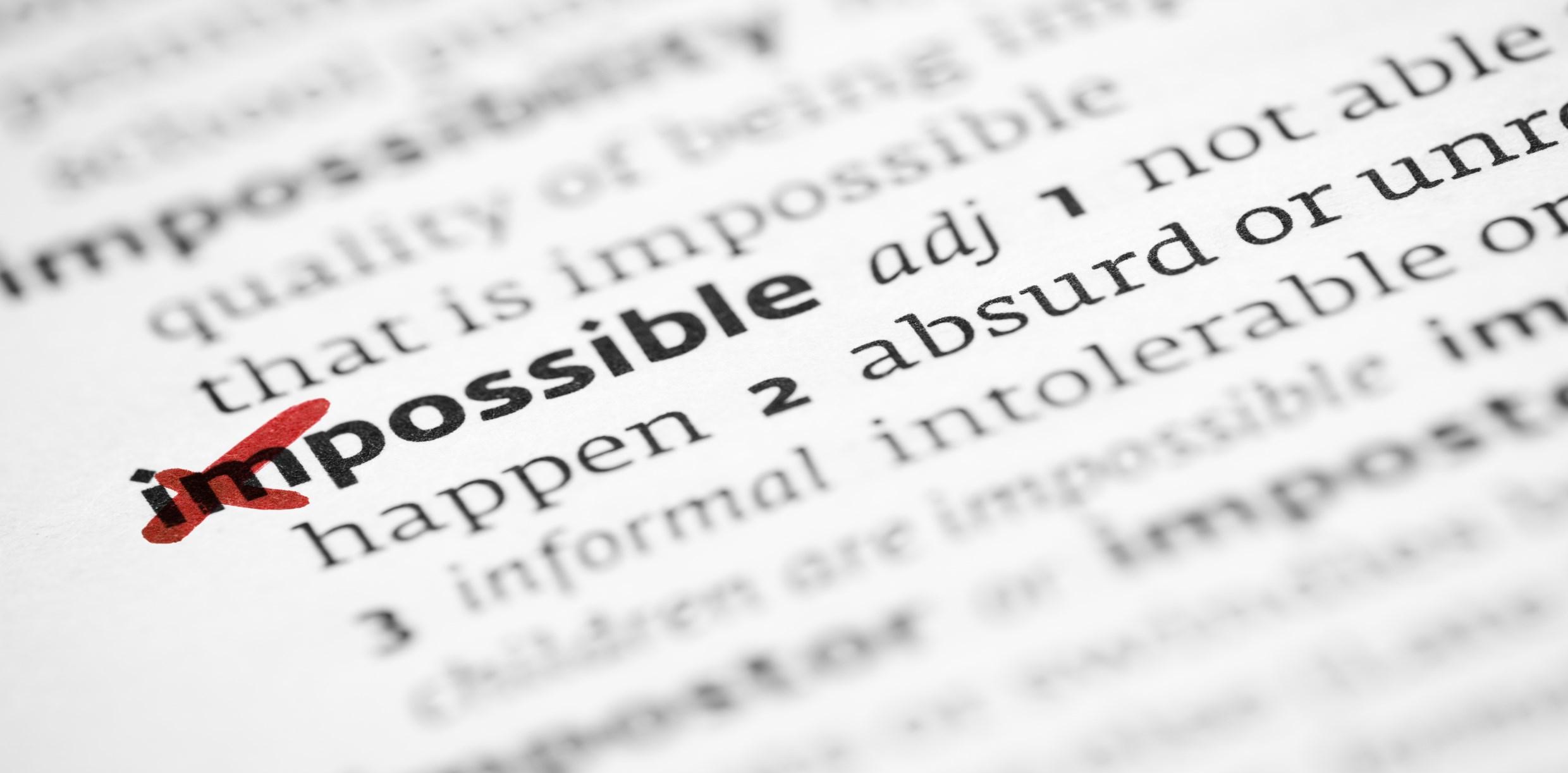
Two exam papers
Paper 1
Reading. Worth 50% of overall grade.
Paper 2
Directed writing and composition. Worth 50% of overall grade.
Exam board/code: Cambridge/ 0500
Grades available: A* to G
Students have 4 lessons per week of English language taught by a subject specialist. The examination consists of 2 papers. Paper 1, Reading’, comprises a mixture of short and long answer questions and paper 2, ‘Directed Writing and Composition’, allows students to synthesise information and allows for a more creative response for either a descriptive or narrative piece of writing.
Writer; editor; teacher/ professor; author; journalist; reporter; content creator; communication specialist; marketing; English teacher; linguist; digital marketer; librarian; film/TV producer; screenwriter
The course enables learners to:
· Develop the ability to communicate clearly, accurately and effectively when speaking and writing
· Use a wide range of vocabulary, and the correct grammar, spelling and punctuation
· Develop a personal style and an awareness of the audience being addressed.
Learners are also encouraged to read widely, both for their own enjoyment and to further their awareness of the ways in which English can be used. Cambridge IGSE First Language English also develops more general analysis and communication skills such as inference, and the ability to order facts and present opinions effectively.

Exam board/code: Cambridge/ 0580
Grades available: A* to E (extended); C to G (core)
There are three pathways that students may follow in Key Stage 4 Mathematics:
Core - Students will sit 0580 mathematics papers 1 and 3 at the end of Year 11.
Extended - Students will sit 0580 mathematics papers 2 and 4 at the end of Year 11.
Additional - this is a separate mathematics syllabus (0606) which can be studied in addition to 0580. Further information about this course will be sent to parents of students who demonstrate a su ciently high level in mathematics.
Students will be placed in one of the three pathways that we believe will best serve their needs. This will be based on student discussions, rigorous assessment data and the views of the Year 9 mathematics teachers who know the students best. Whilst we take the view that class assignments are always provisional and will be kept under constant review, we hope to have settled classes as early as possible - this will be in the best interest of all students.
A variety of topics within the areas of number, algebra & graphs, coordinate geometry, geometry, mensuration, trigonometry, transformations & vectors, probability, and statistics will be studied.
Exact details can be found within the syllabus document for Core and Extended (see Firefly) or by discussion with your maths teacher.
The study of mathematics does so much more than the obvious goal of improving your mathematics. You will also develop key skills such as problem solving, logical thinking and communication, that will feed into almost any career that you can imagine.
The study of mathematics is compulsory in Key Stage 4 and in the IB Diploma. It will help you all to get to where you want to go!
Two exam papers, depending on core or extended route.
Core Paper 1
Non-calculator paper. Worth 50% of overall grade Paper 3
Calculator paper. Worth 50% of overall grade
Extended Paper 2
Non-calculator paper. Worth 50% of overall grade Paper 4
Calculator paper. Worth 50% of overall grade
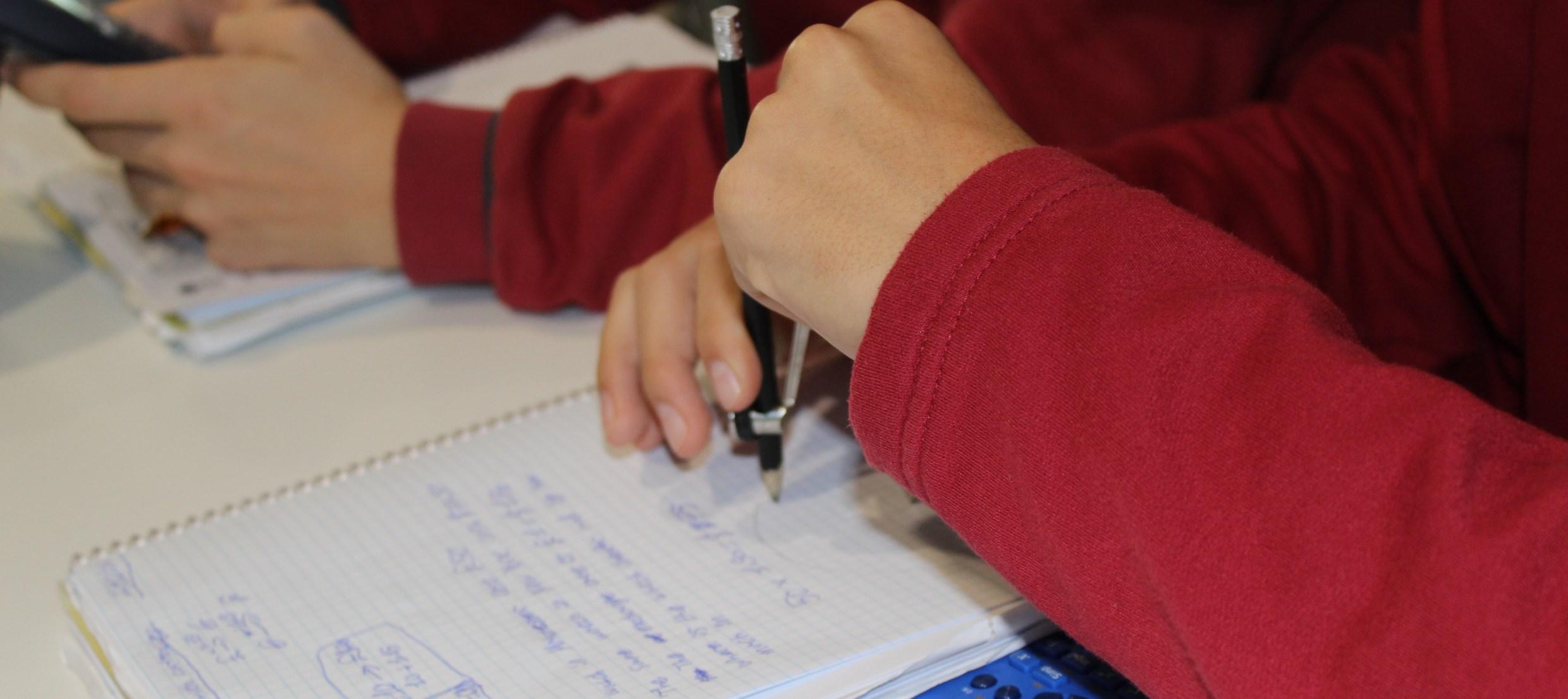

Three exam papers
Biology Paper 1
Worth 33% of overall grade
Chemistry Paper 1
Worth 33% of overall grade
Physics Paper 1
Worth 33% of overall grade
Exam board/code: Pearson Edexcel / 4SD0
Grades available: 9 to 1
Students have six lessons per week of science; consisting of two lessons each of biology; chemistry; and physics; taught by subject specialists. Most students will obtain their IGCSE in Double Award Science, which means they will receive two IGCSE grades.
The papers are un-tiered (all students sit the same papers). There may be opportunity, possibly as an extra-curricular class, for very enthusiastic students to sit an additional, shorter paper in each of the three science branches, leading to the award of three separate IGCSEs in biology, chemistry and physics.
Aeronautical engineer; astronaut; astronomer; automotive engineer; biochemist; chemical engineer; climate scientist; ecologist; electronics engineer; food scientist; laboratory technician; mechanical engineer; medical physicist; meteorologist; microbiologist; oceanographer; pathologist; physician; radiologist; robotics engineer; veterinarian; zoologist; and many, many more!
Students will develop their practical knowledge and skills throughout the course by carrying out a range of exciting investigations. Students will, of course, also learn about a wide range of scientific concepts, as outlined below:
1 The nature and variety of living organisms
2 Structures and functions in living organisms
3 Reproduction and inheritance
4 Ecology and the environment
5 Use of biological resources
Chemistry
1 Principles of chemistry
2 Inorganic chemistry
3 Physical chemistry
4 Organic chemistry
Physics
1 Forces and motion
2 Electricity
3 Waves
4 Energy resources and transfers
5 Solids, liquids and gases
6 Magnetism and electromagnetism
7 Radioactivity and particles
8 Astrophysics
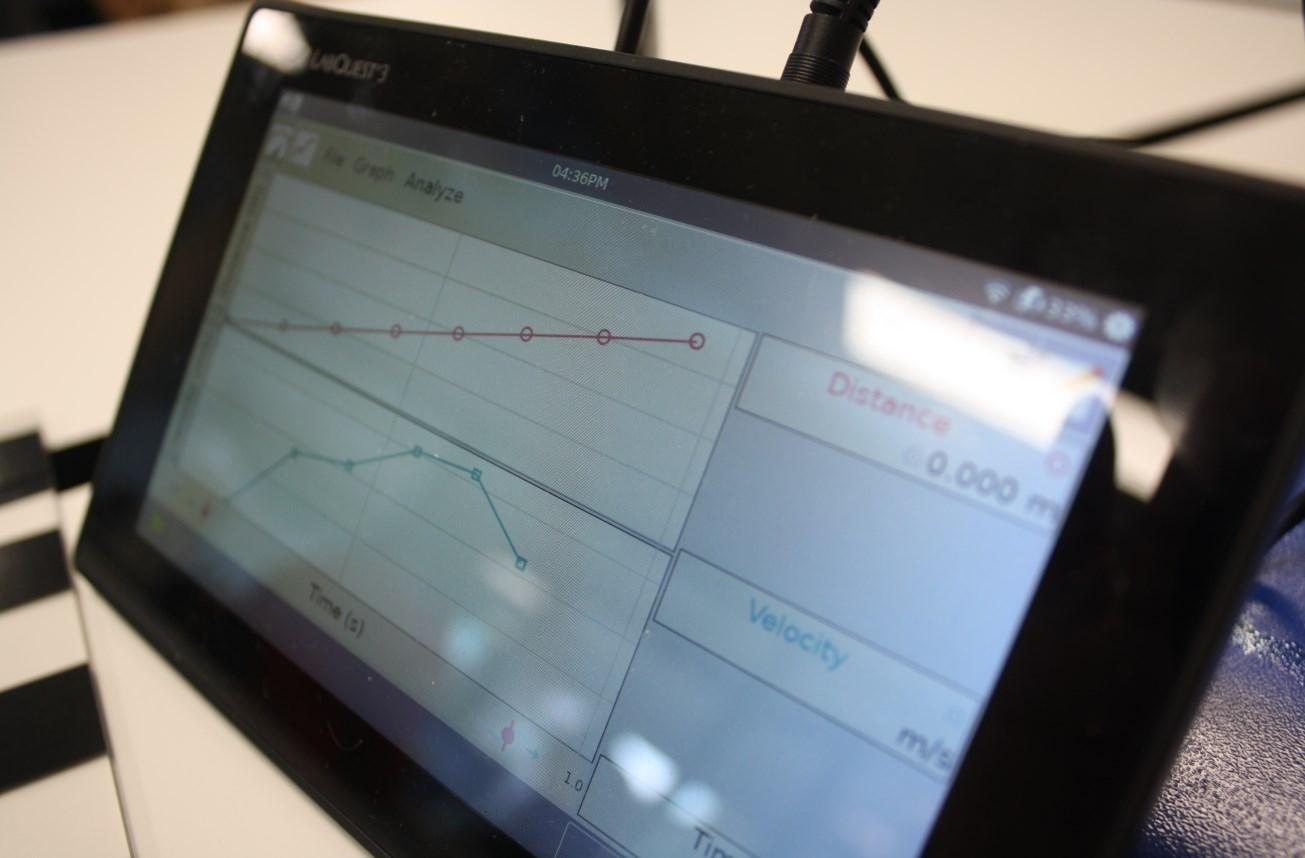
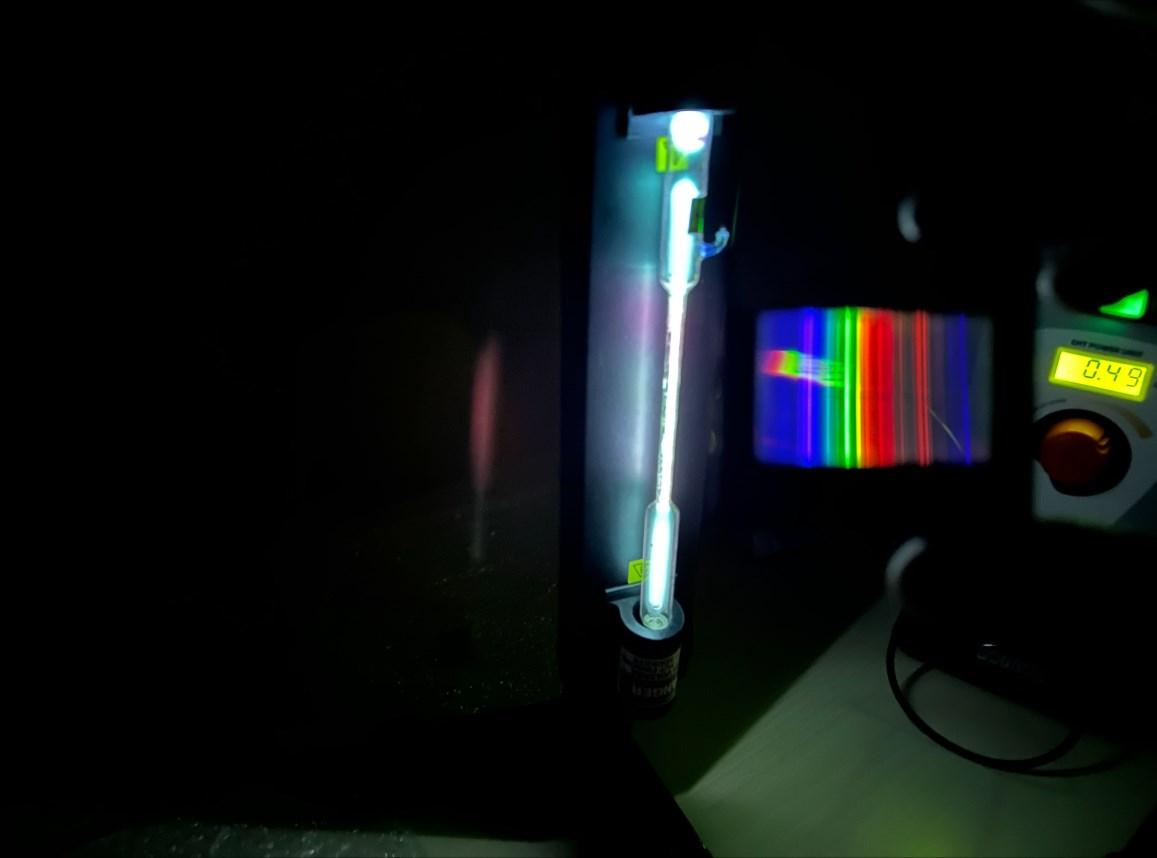
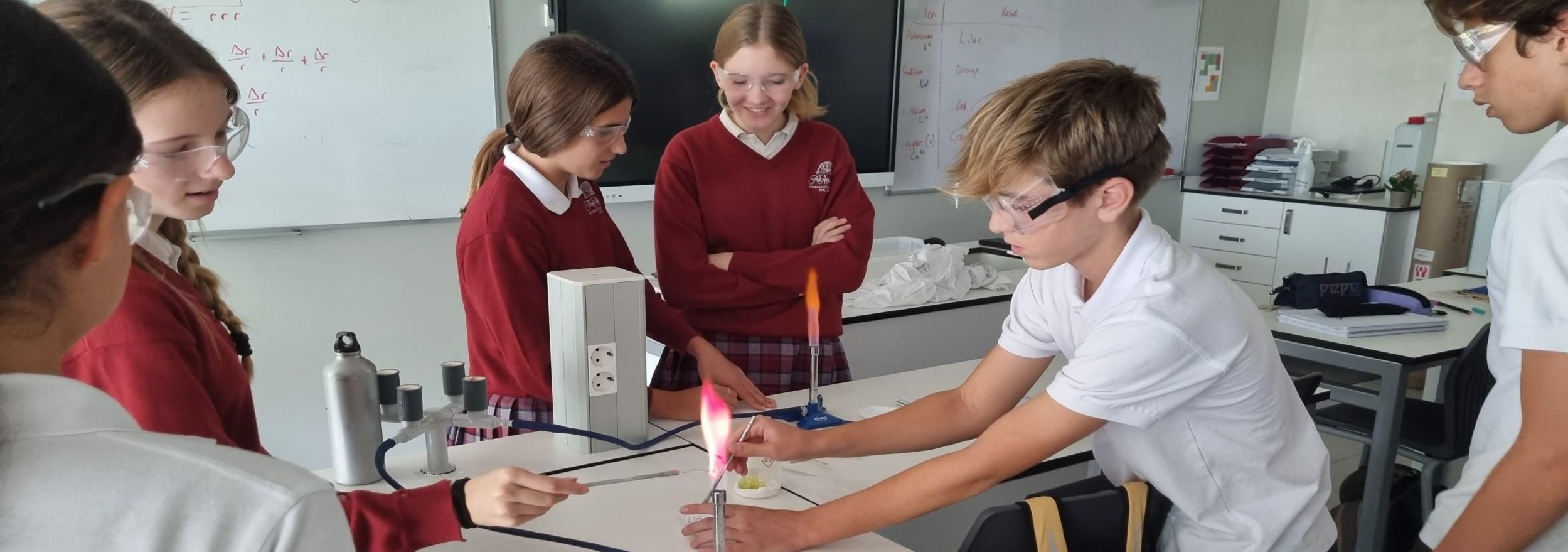

Exam board/code: This subject is not externally assessed and does not lead to the award of an IGCSE.
At Key Stage 4 all students study one lesson per week of PSHE usually facilitated by their form tutor.
Personal, social, health and economic (PSHE) education promotes our pupils good health and well being. PSHE education is a programme of learning designed to help pupils develop the knowledge, understanding and skills they need to manage their lives, now and in the future. It deals with real life issues which affect children and young people, their families and their communities, and engages with the social and economic realities of their lives, experiences and attitudes.
The curriculum at Key Stage 4 focusses on the following:
1. Developing confidence and responsibility and making the most of their abilities.
2. Developing a healthier, safer lifestyle.
3. How to deal with money.
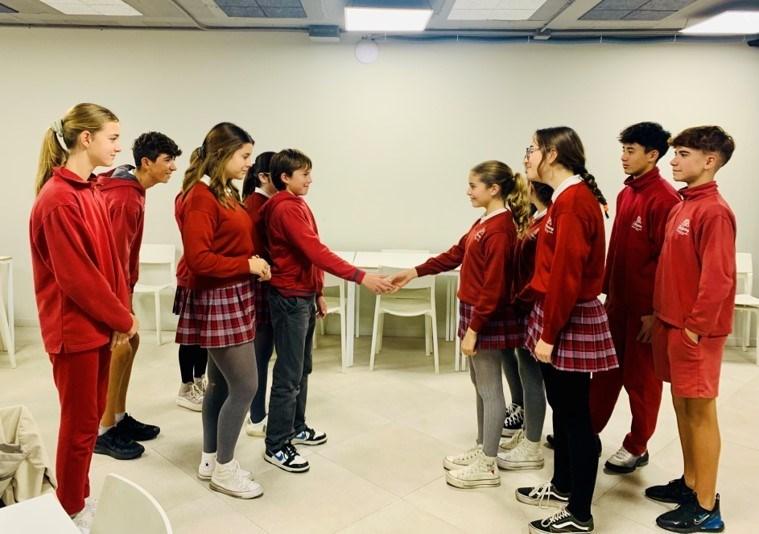

Exam board/code: This subject is not externally assessed and does not lead to the award of an IGCSE.
All students have one compulsory sports lesson per week. Students may opt to study the IGCSE in Physical Education, which combines practice with theory, and counts as an IGCSE qualification: see page 34.
Physical Education (PE) is where pupils in Key Stage 4 in Years 10 and 11 learn key life skills like teamwork, co-operation and the spirit of competition. Physical Education aims to show pupils that we all need exercise and we can choose from a great range of activities and enjoy them.
This is a key message which will help them lead active and healthy lives as they grow up.
Between the ages of 14 and 16, all pupils will learn about:
· Games activities.
· Gymnastic activities.
· Swimming activities and water safety using a range of strokes such as front crawl, back crawl and breaststroke. Pupils are also taught personal survival.
· Water polo.
· Introduction to first aid and cardiopulmonary resuscitation.
· Physical training conditions.
· Aerobic and anaerobic resistance.
· Flexibility.
· Racket sports.
· Acrosport.
· Athletic activities.
· Team games (for example, softball) invasion games (for example, basketball and water polo) and net/wall games (for example tennis).
During key stage 4, pupils tackle complex and demanding activities, applying their knowledge of skills, techniques and effective performance. They decide whether to get involved in physical activity that is mainly focused on competing or performing, on promoting health and wellbeing, or on developing personal fitness. They also decide on which roles suit them best including performer, coach, leader and o cial. The view they have of their skilfulness and physical competence gives them the confidence to get involved in exercise and activity out of school and in later life.
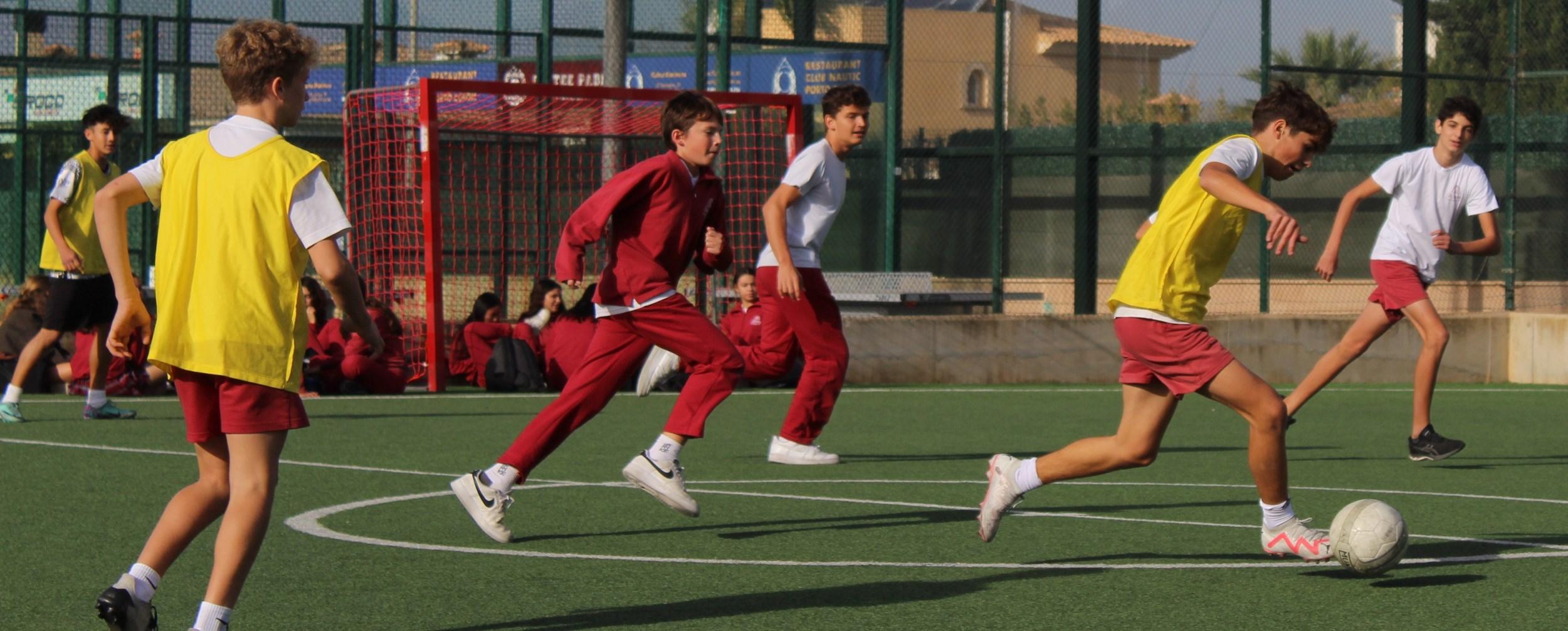
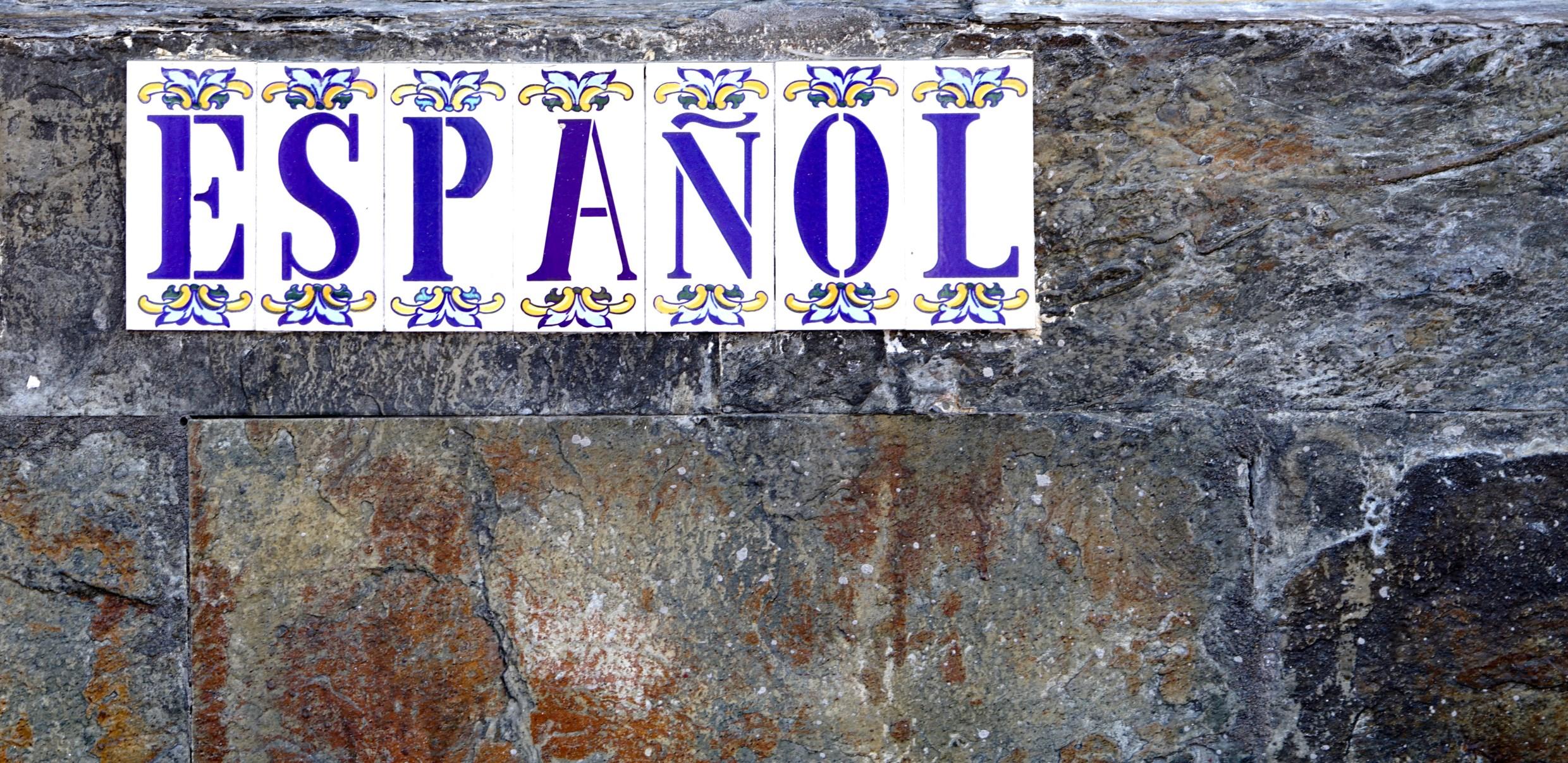
Exam board/code: Cambridge / 0502
Grades available: A* to G
Cambridge IGCSE First Language Spanish is designed for learners whose first language is Spanish.
Students have three weekly sessions, dedicated to learning the main issues related to the two main blocks of the IGCSE course, as outlined below.
The contents of the course allows students to obtain the set of objectives attained by the second cycle of the secondary studies, on behalf of the Spanish education system.
Two exam papers
Paper 1
Reading. Worth 50% of final grade.
Paper 2
Directed writing and composition. Worth 50% of final grade.
The course enables learners to:
· Develop the ability to communicate clearly, accurately and effectively when speaking and writing
· Use a wide range of vocabulary, and the correct grammar, spelling and punctuation
· Develop a personal style and an awareness of the audience being addressed.
Learners are also encouraged to read widely, both for their own enjoyment and to further their awareness of the ways in which Spanish can be used. Cambridge IGCSE First Language Spanish also develops more general analysis and communication skills such as inference, and the ability to order facts and present opinions effectively.
The course consists of two main areas:
Compositional Block: Structures of written creation, according to the main types of text. The block contains the features for written expression oriented to Narration and Description.
The syllabus is based on the learning of the main non-literary genres as well as the interpretation of complex texts.
Interpretive Block: Understanding and application of the structures of the text classes assigned by the IGCSE course. These are Formal Letter, Speech, Article, Report, Diary and Report.
Hispanic philology; journalism; translation and interpretation

Paper 1
Listening. Worth 25% of overall grade.
Paper 2
Reading. Worth 25% of overall grade.
Paper 3
Speaking test. Worth 25% of overall grade.
Paper 4
Writing. Worth 25% of overall grade
Spanish is the second most widely spoken native language in on Earth after Chinese. There are 21 countries in the world that list Spanish as an o cial language and it is one of the six o cial languages of the United Nations.
Therefore, learning Spanish can bring numerous advantages in the professional field because it significantly opens the chances of working in other countries and collaborating with different companies, in addition to all those professions directly related to the language (tourism; teaching; translation; interpreting; etc.)
Exam board/code: Cambridge/ 0530
Grades available: A* to G
Students have three lessons per week of Foreign Language Spanish in which they will work in the four main skills for this subject (listening, speaking, reading and writing). Most students will obtain their IGCSE at the end of Year 11. However, some students who show a more advanced level of the Spanish language may, be recommended to take the exam in this subject at the end of Year 10 (integrating, in Year 11, into the First Language Spanish group).
All Spanish-speaking students, or those with native language proficiency, will be recommended to take the Foreign Language Spanish exam at the end of Year 10, even if they do not attend lessons in this subject.
The subject content is organised in five broad topic areas (A–E below). These provide contexts for the acquisition of vocabulary and the study of grammar and structures. The study of these topic areas enables students to gain an insight into countries and communities where Spanish is spoken.
A. Everyday activities
B. Personal and social life
C. The world around us
D. The world of work
E. The international world
The syllabus gives students opportunities to develop and apply a wide range of foreign language skills. Candidates will be expected to read and understand a variety of written and spoken texts on familiar topics.
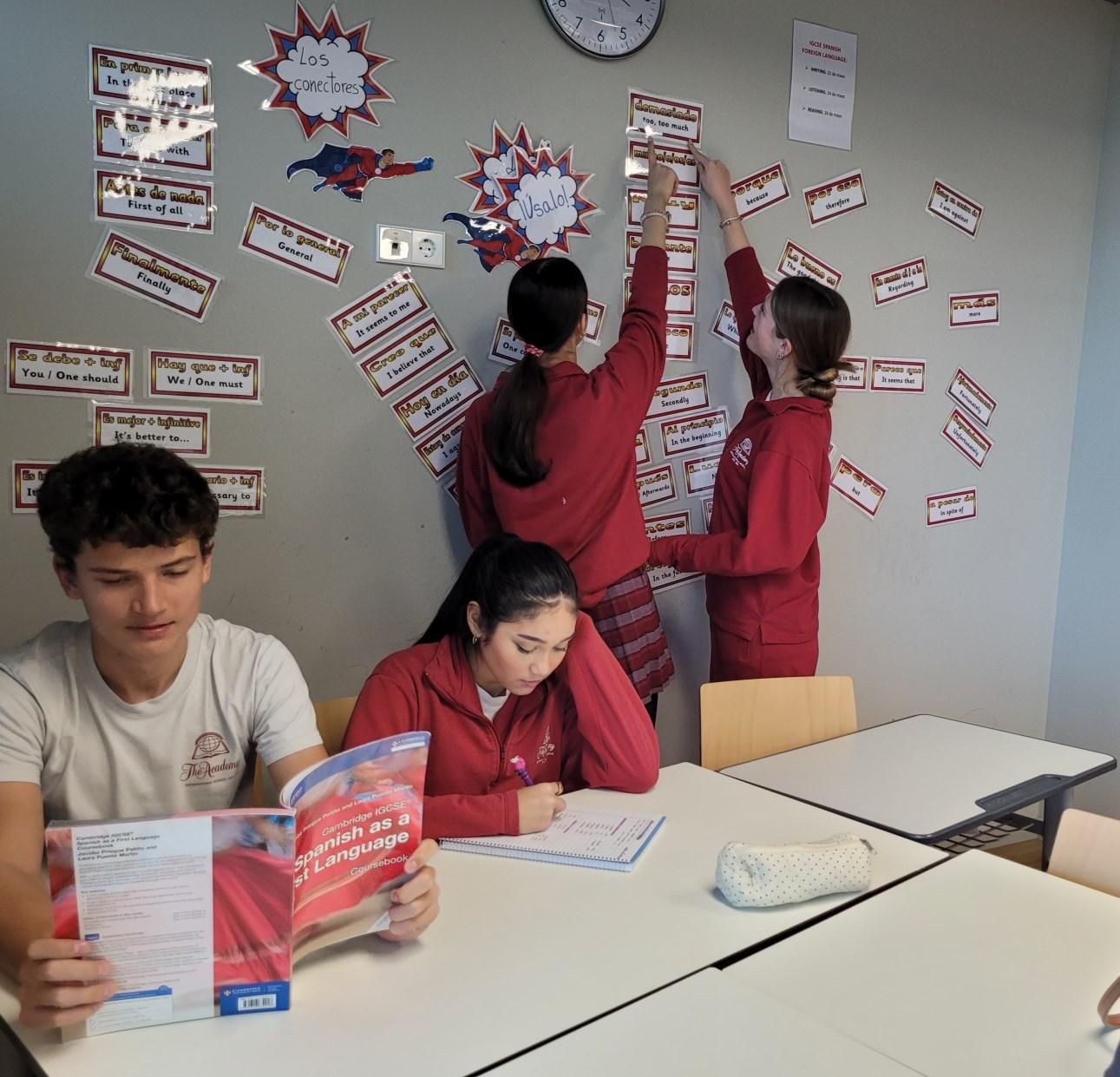
Candidates will be required to demonstrate understanding of the main ideas, opinions and attitudes, select and extract relevant details and deduce the meaning of occasional unknown words from context. They will also have opportunities to write in Spanish on familiar, everyday topics, and to speak the language by taking part in everyday conversations.

Exam board/code: This subject is not externally assessed and does not lead to the award of an IGCSE.
Grades available: Students will receive their final grade on the Spanish 1 to 10 scale.
All the students with a Spanish passport are required by law to follow this subject throughout their primary and secondary education. In KS4, students will have one weekly lesson and will not take o cial external IGCSE exams in this subject. However, the results obtained in this Ciencias Sociales will be communicated to the Spanish Department of Education as part of the mandatory subjects of the Spanish curriculum.
The teaching of Ciencias Sociales pursues a fundamental goal for our students: to develop a deeper knowledge of the environment around them, starting with the closest and extending it to the wider territory. This subject, it is intended to develop in students an interest in the culture, organization, customs, and traditions of the place where they reside, as well as an extensive knowledge of its history and a critical, committed, and responsible attitude toward our society.
In Year 10 corresponds a review of the territorial and political organization of our country, to make an analysis of the territory in its different facets and spatial areas, with special reference to the geographical and cultural diversity of Spain, a diverse reality that characterizes the comunidad autónoma of the Balearic Islands.
In addition, in the second half of Year 10 and in Year 11, we will develop those aspects of the subject that are directly related to ethical values, civic education, and education for citizenship, in order to contribute to generating a foundation of knowledge and curiosity that facilitates the development of critical minds and committed young adults, in a framework of respect for other people, cultures, and societies.
The assessment of this subject will normally be carried out through a continuous and eminently practical evaluation. It will be based mainly on the attitude, dedication, and effort demonstrated in the lessons and in the different activities, tasks, and projects that are assigned.
Being one of the compulsory subjects in the Spanish curriculum, meeting the aims of this subject will be essential to obtain the ESO certificate. Furthermore, knowing and delving into the characteristics of our environment, will allow them to acquire a better understanding of the place where they live and will facilitate their role as Spanish citizens.

The subject is assessed internally by the teacher. There will be three exams per term. The weighting applied to form the overall grade consists approximately of:
· Reading comprehension (19%)
· Vocabulary (10%)
· Oral and written expression (20%)
· Language and society (15%)
· Vocabulary, grammar and spelling (30%)
· Literary education (15%)
Catalan language teacher; translator/interpreter; language program coordinator; cultural liaison o cer; bilingual customer service representative; content creator; tour guide; localisation specialist; language assessment specialist; community outreach coordinator; researcher in Catalan studies; international relations specialist; Catalan language technology specialist; media correspondent; and much more.
Exam board/code: This subject is not externally assessed and does not lead to the award of an IGCSE.
Grades available: Students will receive their final grade on the Spanish 1 to 10 scale.
The course consists of three periods per week.
The course is structured in blocks such as reading comprehension, where we will see and study important passages of key works of Catalan literature and important vocabulary.
Throughout the course, the students will develop their written and oral expression using the different types of texts. Furthermore, we will see and study the history of the Catalan language throughout the block of language, society and literature. There will also be a focus on Catalan vocabulary, grammar, and spelling.

Exam board/code: Cambridge / 0475
Grades available: A* to G
Students have three lessons per week of English literature taught by a subject specialist. The examination consists of three papers: paper 1 is focused on both the poetry and prose studied on the course, paper 3 is based on the understanding of a dramatic text and paper 4 tests students’ knowledge of both poetry and prose, with previously unseen texts.
The syllabus enables learners to read, interpret and evaluate texts through the study of literature in English. Learners develop an understanding of literal meaning, relevant contexts and of the deeper themes or attitudes that may be expressed. Through their studies, they learn to recognise and appreciate the ways in which writers use English to achieve a range of effects, and will be able to present an informed, personal response to the material they have studied.
The syllabus also encourages the exploration of wider and universal issues, promoting learners’ better understanding of themselves and of the world around them.
In addition, the course encourages students to enjoy the experience of reading literature and to understand and respond to literary texts from different periods and cultures.
Three exam papers
Paper 1
Poetry and prose. Worth 50% of overall grade.
Paper 3
Drama (open text). Worth 25% of overall grade.
Paper 4
Unseen. Worth 25% of overall grade.
Journalism; English teacher; freelance writer; interpreter; social media manager; copy editor; paralegal; lawyer; technical writer; education consultant; advertising executive and publisher; plus many more.
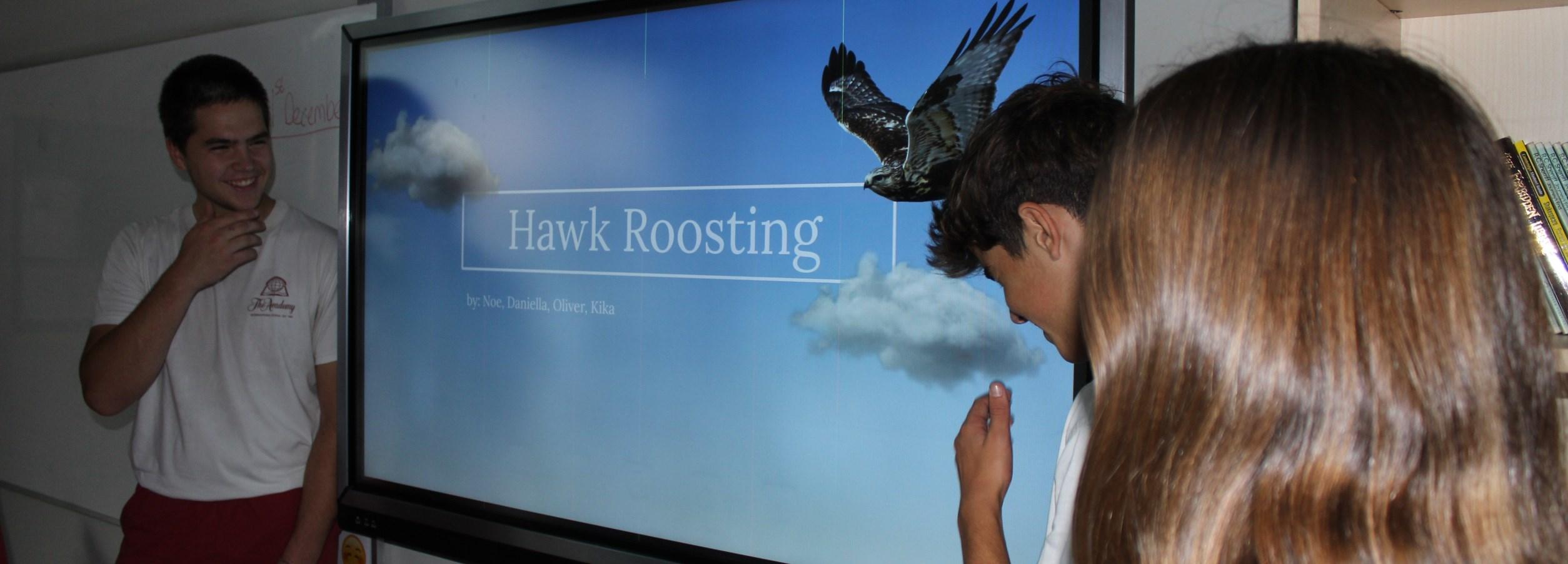

“T it l n ua e it w l ”
- Ludwig Wittgenstein, philosopher of languages, Austria 1889-1951
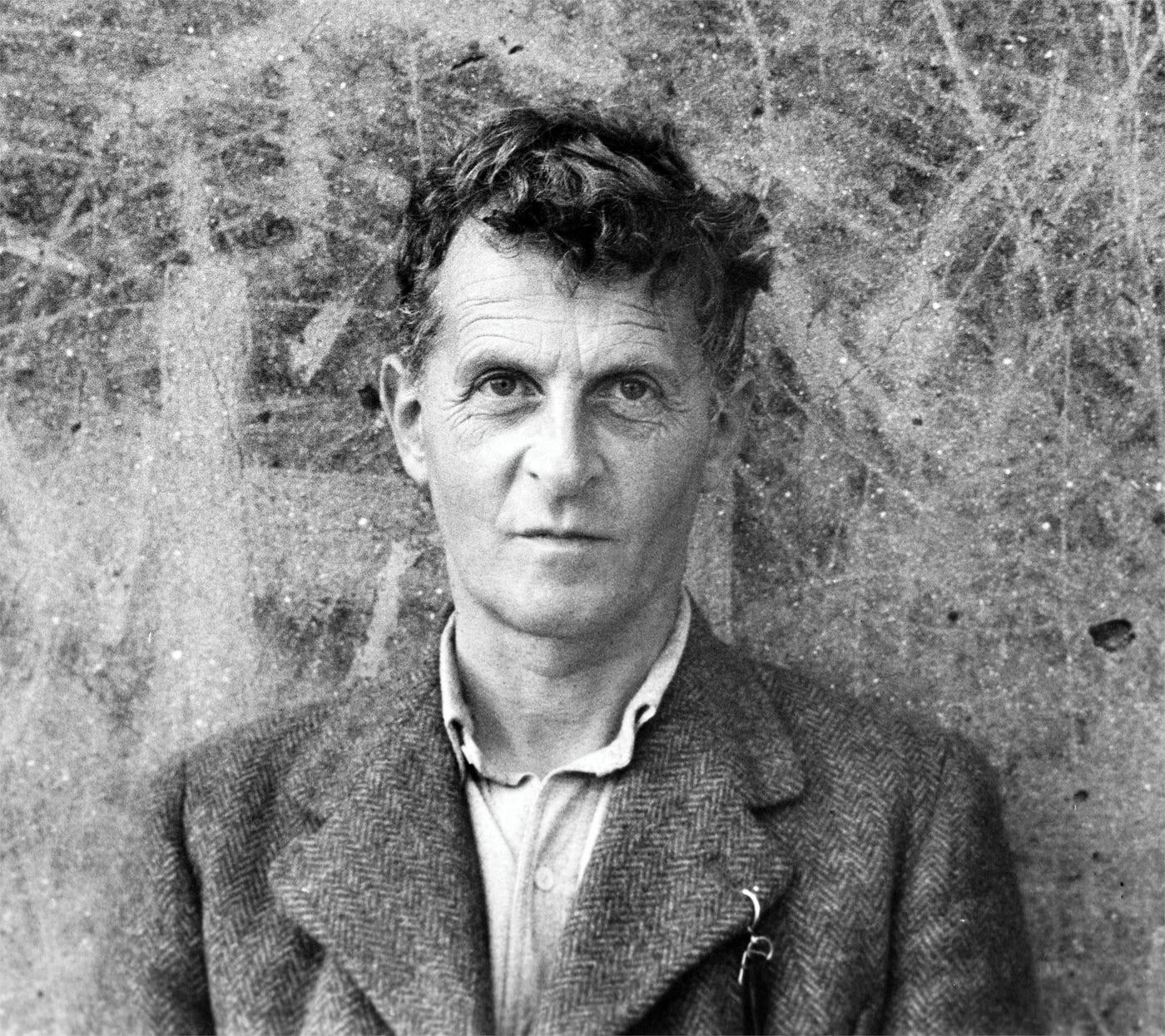
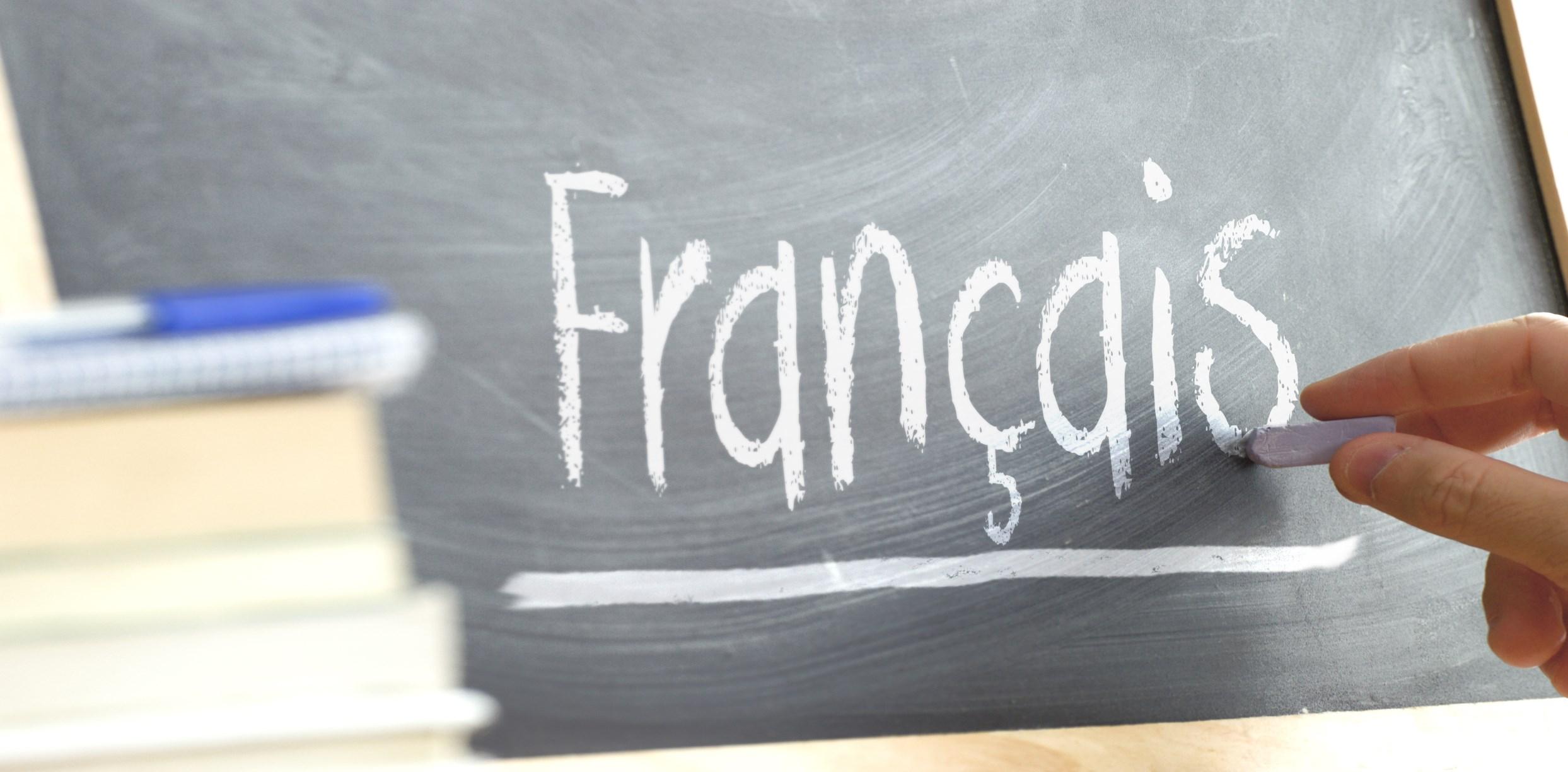
Exam board/code: Cambridge/ 0520
Grades available: A* to G
Students have three lessons a week preparing for the IGCSE exam at the end of year 11. The exam consists of four parts (oral, listening, reading and writing). The course prepares students to understand and be able to talk about topic such as daily routine, health, hobbies, school, environmental awareness, etc.
The French language opens a door to a world of elegance, culture and passion. When you choose to learn French, you embark on a fascinating journey that not only allows you to master a new language, but also delves deep into the rich history, art and gastronomy of France.
You will be able to communicate with people from different parts of the world, as French is, together with English, Chinese and Spanish - one of the most widely spoken languages in the world. This language not only brings cultural enrichment, but also professional opportunities and personal enrichment:
The syllabus gives students opportunities to develop and apply a wide range of foreign language skills in listening, writing, reading and oral comprehension within the IGCSE subjects “Everyday activities”, “Personal and social life”, “The world around us”, “The world of work” and “The international world”.
Candidates will be required to demonstrate understanding of the main ideas, opinions and attitudes, as well as select and extract relevant details and deduce the meaning of occasional unknown words from context They will also have the opportunities to write French on familiar everyday topics, and to speak the language by taking part in everyday conversations.
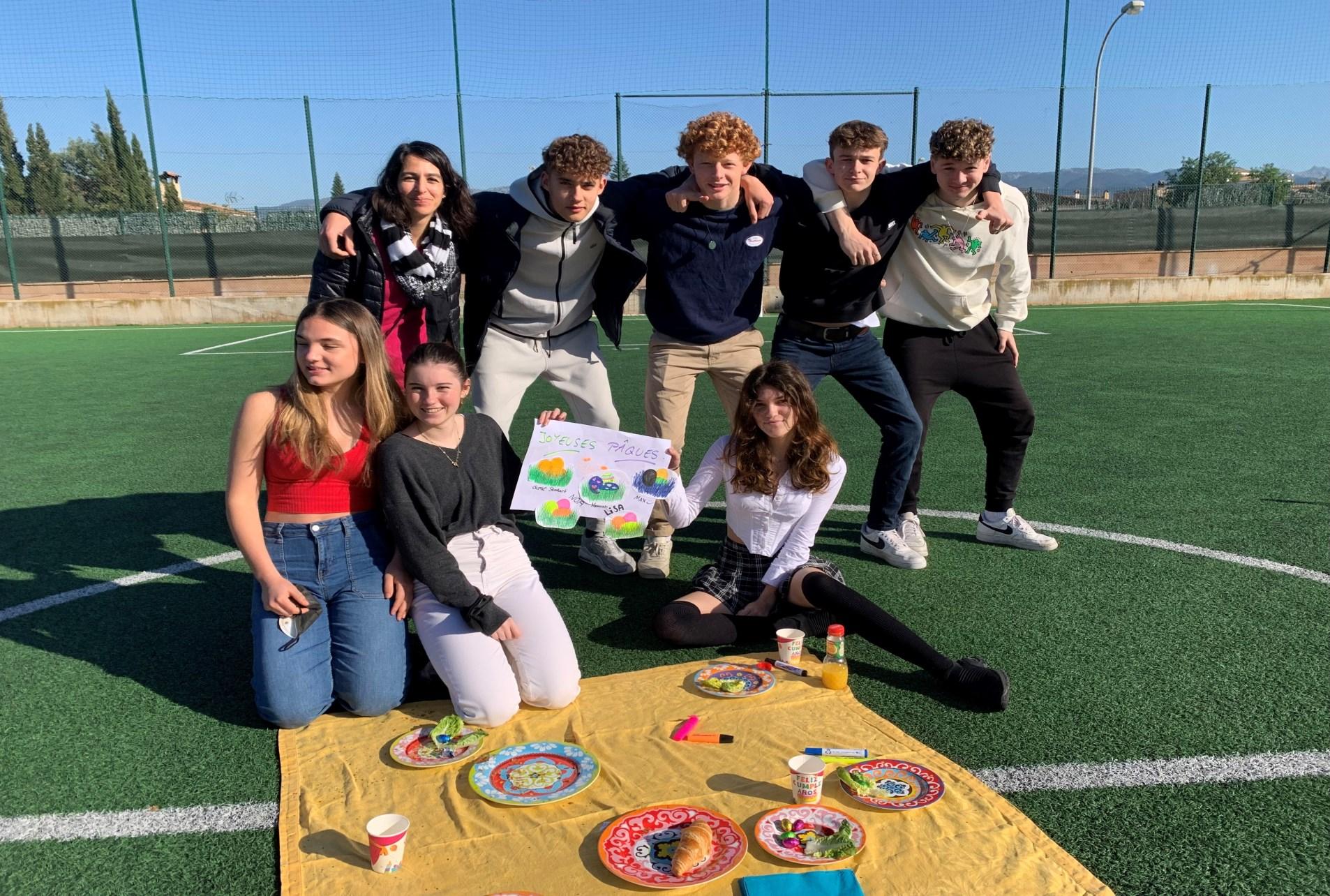
Paper 1
Listening. Worth 25% of overall grade.
Paper 2
Reading. Worth 25% of overall grade.
Paper 3
Speaking test. Worth 25% of overall grade.
Paper 4
Writing. Worth 25% of overall grade
Diplomat; translator; interpreter; simultaneous interpreter; language teacher; university teacher; tourism and hospitality; international business; science and research; media and journalism; customer service; art and culture; and much more!
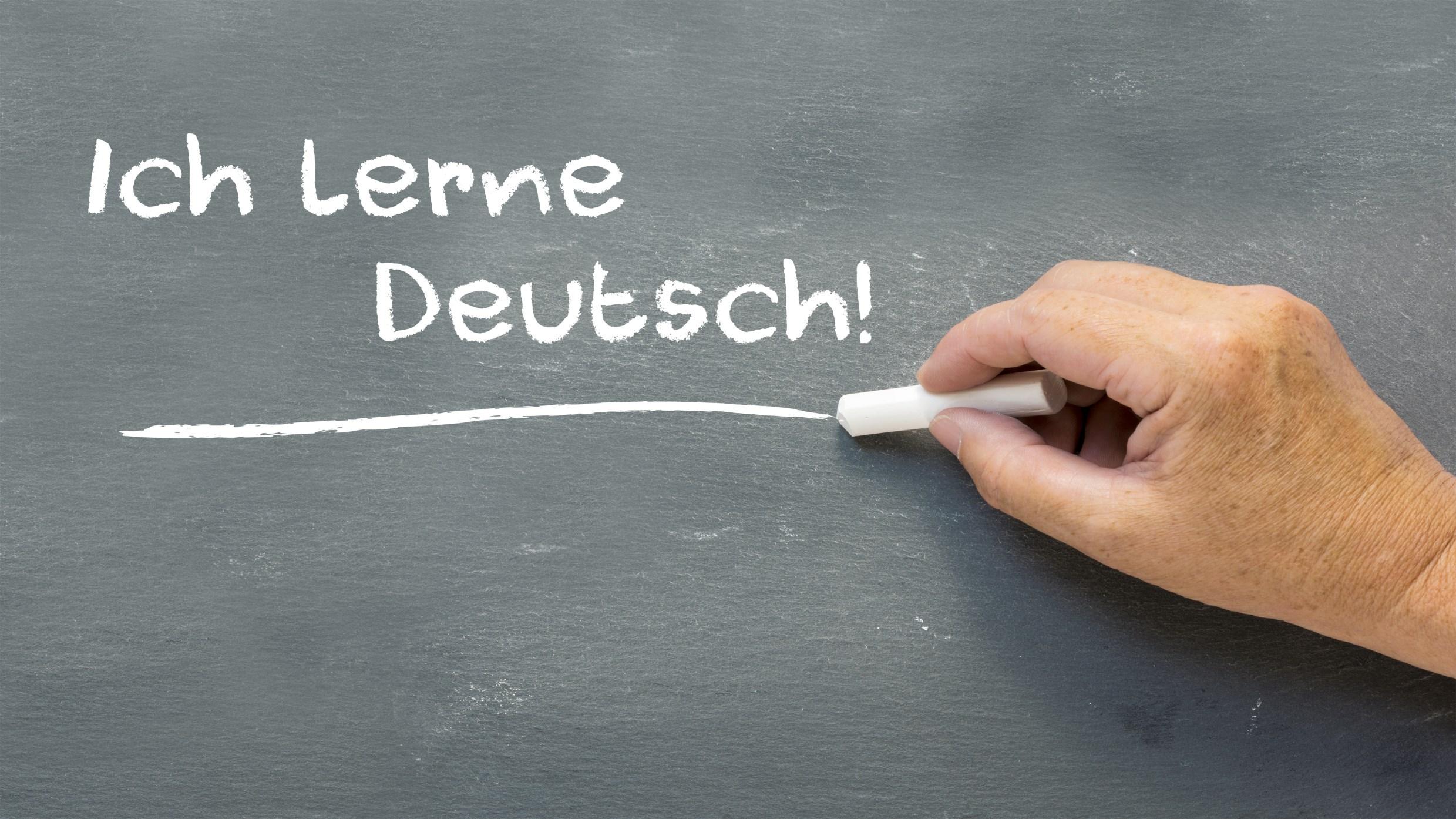
Paper 1
Listening. Worth 25% of overall grade.
Paper 2
Reading. Worth 25% of overall grade.
Paper 3
Speaking test. Worth 25% of overall grade.
Paper 4
Writing. Worth 25% of overall grade
Translator; interpreter; language teacher; tourism and hospitality; international business; engineering and technical fields; science and research; healthcare; IT; media and journalism; customer service; diplomacy; art and culture; environmental and renewable energy; legal services; non-profit and NGOs; freelancing; and many more.
Exam board/code: Cambridge/ 0525
Grades available: A* to G
German is considered the international business language of the world, making is one of the most sought-after languages to learn next to English and Mandarin. This alone shows that the German language is a valuable skill to learn, even if you don’t live in a German-speaking country
Students have three periods per week.
Five broad topic areas provide contexts for the acquisition of vocabulary and the study of grammar and structures. Through the study of these broad topic areas, candidates gain insight into the cultures of countries and communities where German is spoken.
The syllabus gives students opportunities to develop and apply a wide range of foreign language skills. Candidates will be expected to read and understand a variety of written and spoken texts on familiar topics.
Candidates will be required to demonstrate understanding of the main ideas, opinions and Attitudes, as well as select and extract relevant details and deduce the meaning of occasional unknown words from context. They will also have opportunities to write in German on familiar, everyday topics, and to speak the language by taking part in everyday conversations.
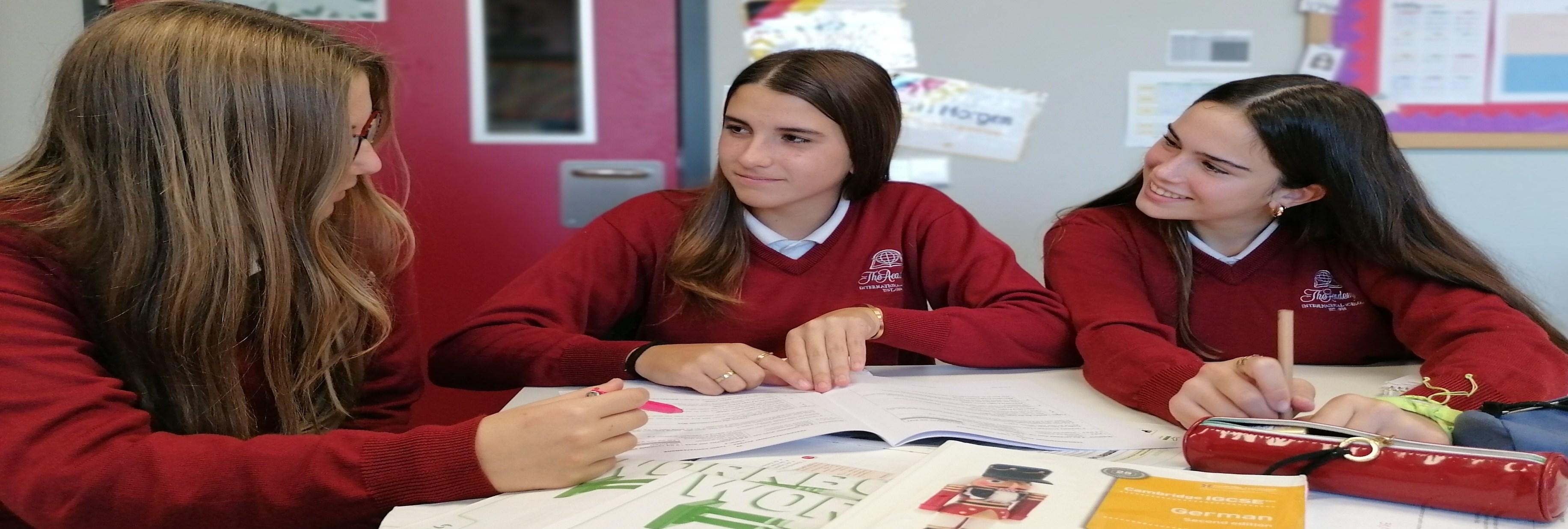

“I y ' p e t r n , y ' c i y n i n ”
- Sir Ken Robinson, author, speaker and education advisor, United Kingdom, 1950-2020
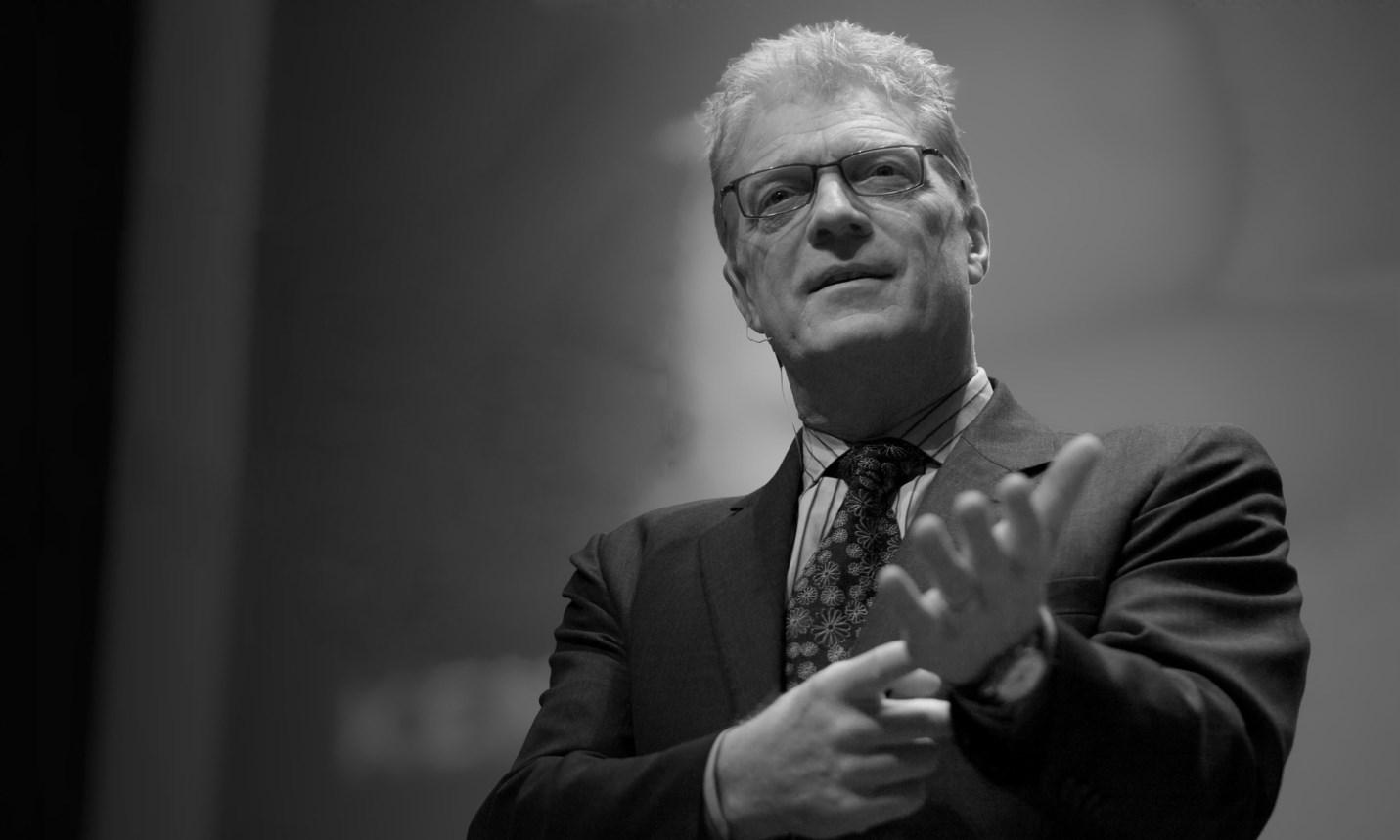

Component 1
Students develop their coursework halfway through Year 10 and it contributes to 50% of the final IGCSE grade. Students are encouraged to find their style and interests; recognise their strengths and build on them.
This component is internally set and externally marked.
Component 2
The theme for the externally set assignment is released in early January of Year 11. Students have a four-month preparatory period which culminates in a ten-hour final piece under examination conditions.
This component also contributes to 50% to the student’s final grade and is externally marked.
At the end of the course; the work is submitted digitally.
Exam board/code: Pearson Edexcel / 7FA1
Grades available: 9 to 1
Students have three lessons per week; a single and a double. Over the two years; they will learn through a set of drawing workshops; a coursework project and an externally set exam project; which will steadily develop their independent learning and critical thinking. There is time to make mistakes and have fun built into the program. These skills alongside developing their subject-specific literacy are key to fully taking advantage of the visual arts course in IB, or any further education course in art.
Through a series of directed tasks; students find out about themselves; subject matter; artists and materials they enjoy working with the most. Some examples include portraiture; the natural or man made environment; objects; feelings; geometry; personal
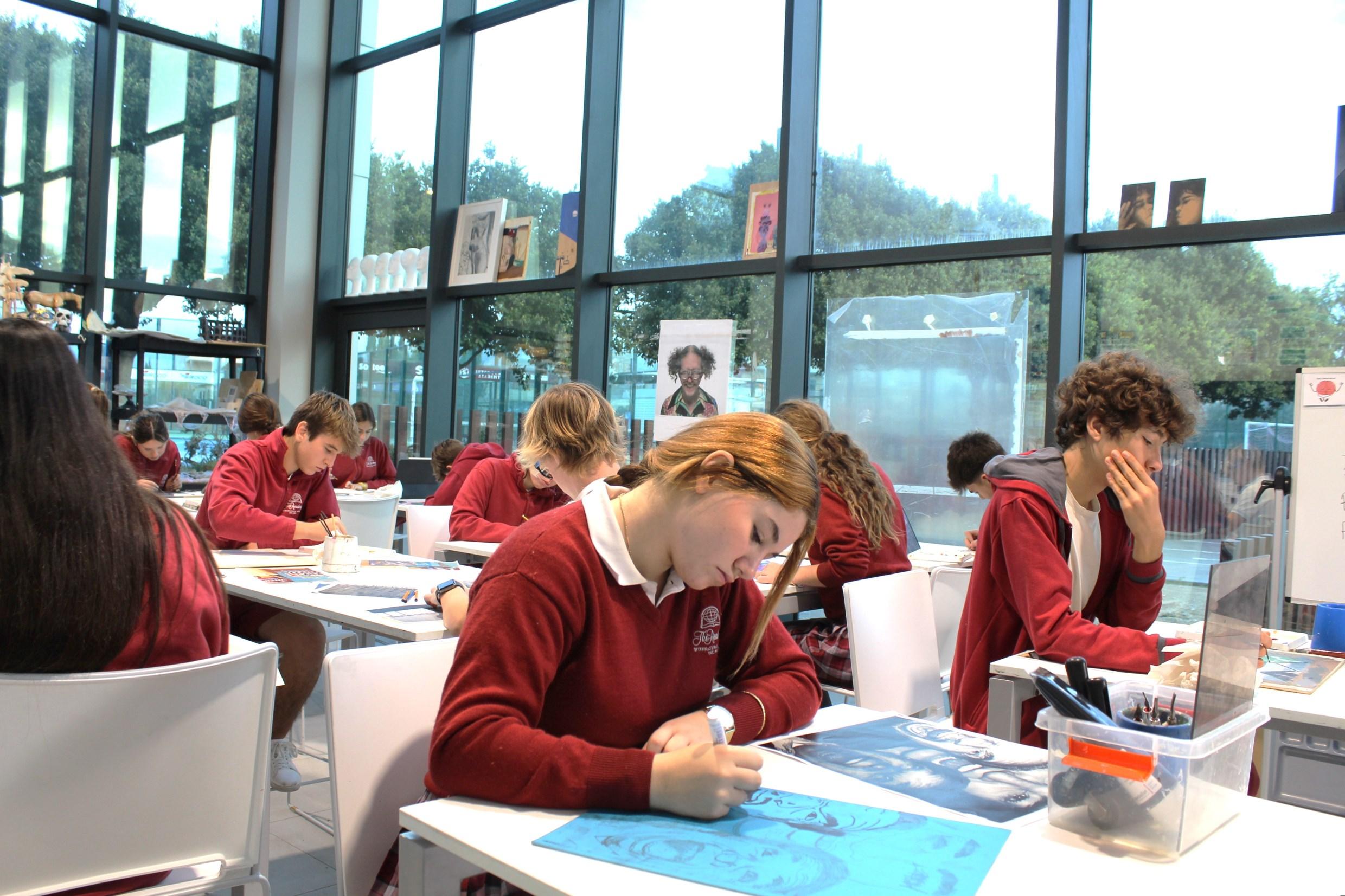

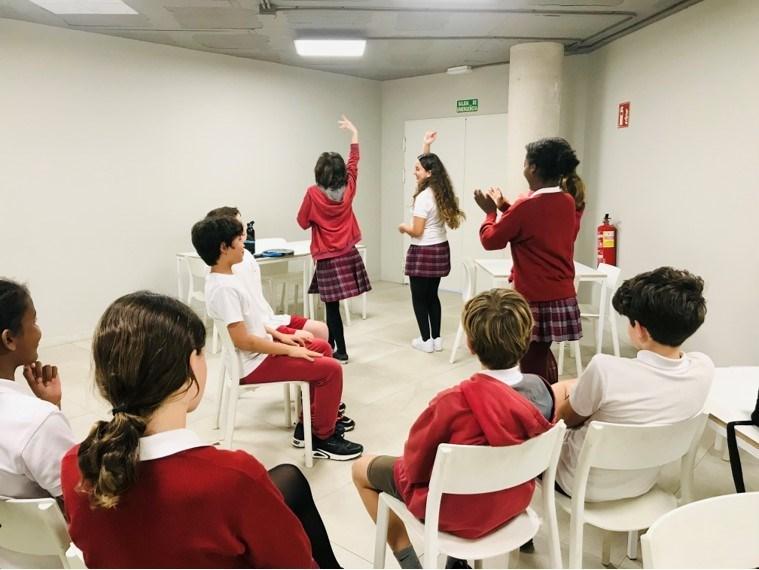
Exam board/code: Cambridge / 0411
Grades available: A* to G
Drama is a practical subject that provides skills in emotional, social and communication expression in front of an audience or group.
Students have three lessons per week where they develop an understanding and enjoyment of drama through practical and theoretical study.
They will also study individual and group performance skills and how they are applied to create character and communicate meaning to an audience.
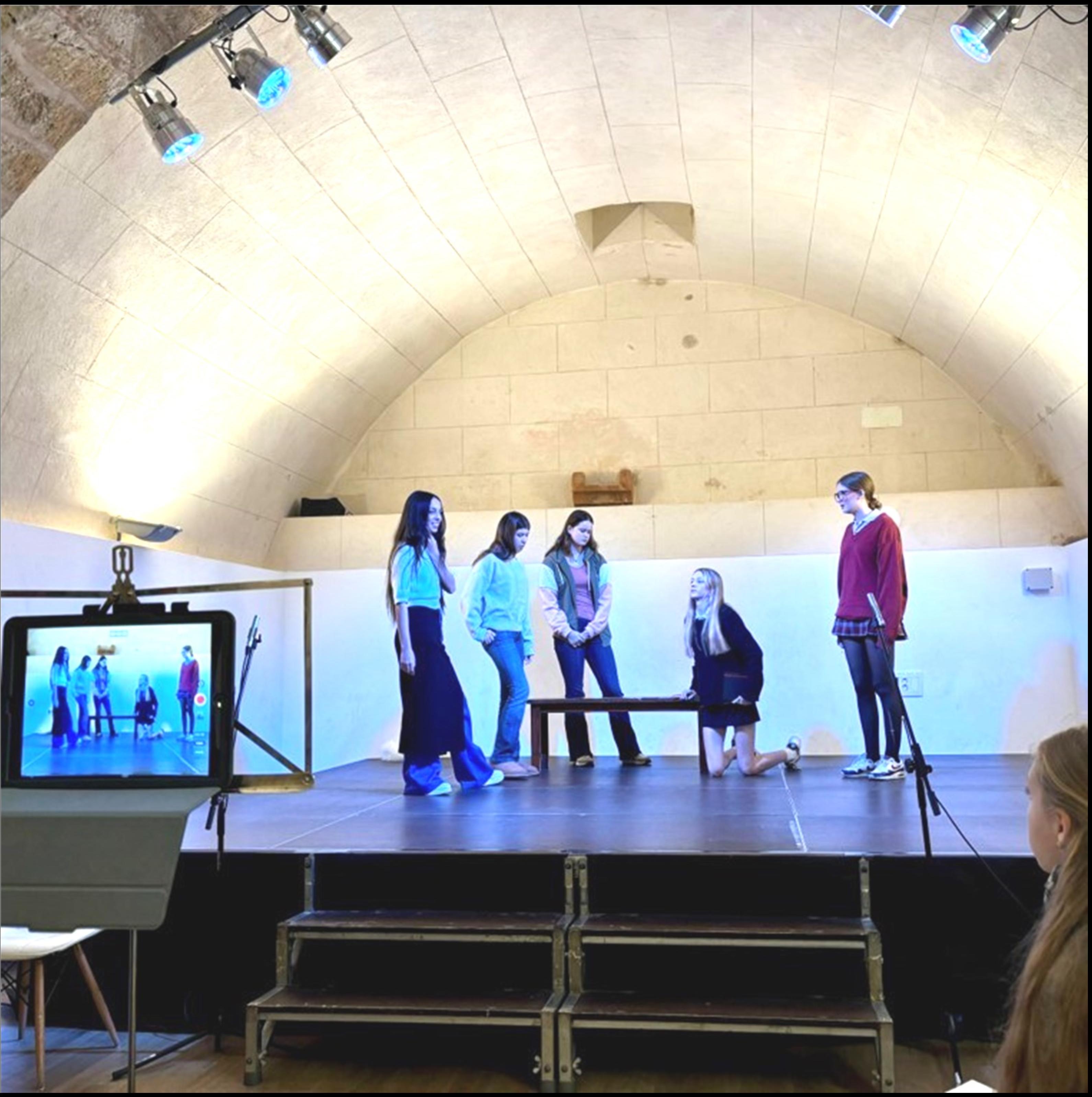
One written paper, plus one internally-assessed, externally-moderated, piece of coursework.
Paper 1
Written examination. Worth 40% of overall grade.
Component 2
Coursework. Worth 60% of overall grade.
Stage director; actor; presenter (stage & TV); playwright; screenwriter; teacher; theatre critic; voice actor; cultural mediator; arts administrator; community arts worker; drama therapist; animator; event manager; lighting technician; sound technician; set designer; social media manager; tour manager; film or television camera operator; TV or film producer; television or film sound technician; plus many more.
The headings for assessing ability to know and perform effectively in a dramatic production for the stage are the following:
· Elements of practical drama
· Performance Skills
· Staging and design
· Working with published plays

One written exam paper plus two pieces of internally-assessed, externally-moderated, coursework
Paper 1 Listening. Worth 40% of overall grade
Component 2
Performing. Worth 30% of overall grade
Component 3
Composing. Worth 30% of overall grade.
Musician; composer; orchestrator; arranger; film and tv composer; music director; music business; producer; music teacher; musicologist; music therapy; sound engineer; mixing and mastering technician; and many more
Exam board/code: Cambridge / 0410
Grades available: A* to G
Students have three lessons per week; a single and a double. Throughout the two-year course the students will learn how to compose, perform, and analyse music in different genres. This course is a very practical based subject that helps students develop their creativity and critical thinking, and also combines this with some theory and listening content.
For this subject it is required to have received previous musical lessons or knowledge on an instrument.
This subject is divided into 3 sections:
Component 1: LISTENING
This is a written/listening exam where there will be extracts or pieces played from a wide range of styles and traditions. The questions test understanding and perception of the music. Candidates are expected to follow any complete or skeleton scores or diagrams provided
Component 2: PERFORMING
Component 2 consists of prepared performances of the candidate’s own choice, all of which must be recorded.
Students will have to:
1. sing or play individually – either one piece or two short contrasting pieces (which should be on the same instrument)
2. sing or play in an ensemble – either one piece or two short contrasting pieces (which should be on the same instrument – but this does not need to be the same instrument as that offered for individual performing).
The total playing time should be between 4 and 10 minutes.
Component 3: COMPOSING
Students learn throughout these two years to compose and produce different styles of music and will then have to submit two compositions, written for different instruments and/or voices, which must be recorded at the end. Students will learn how to work on different programs to
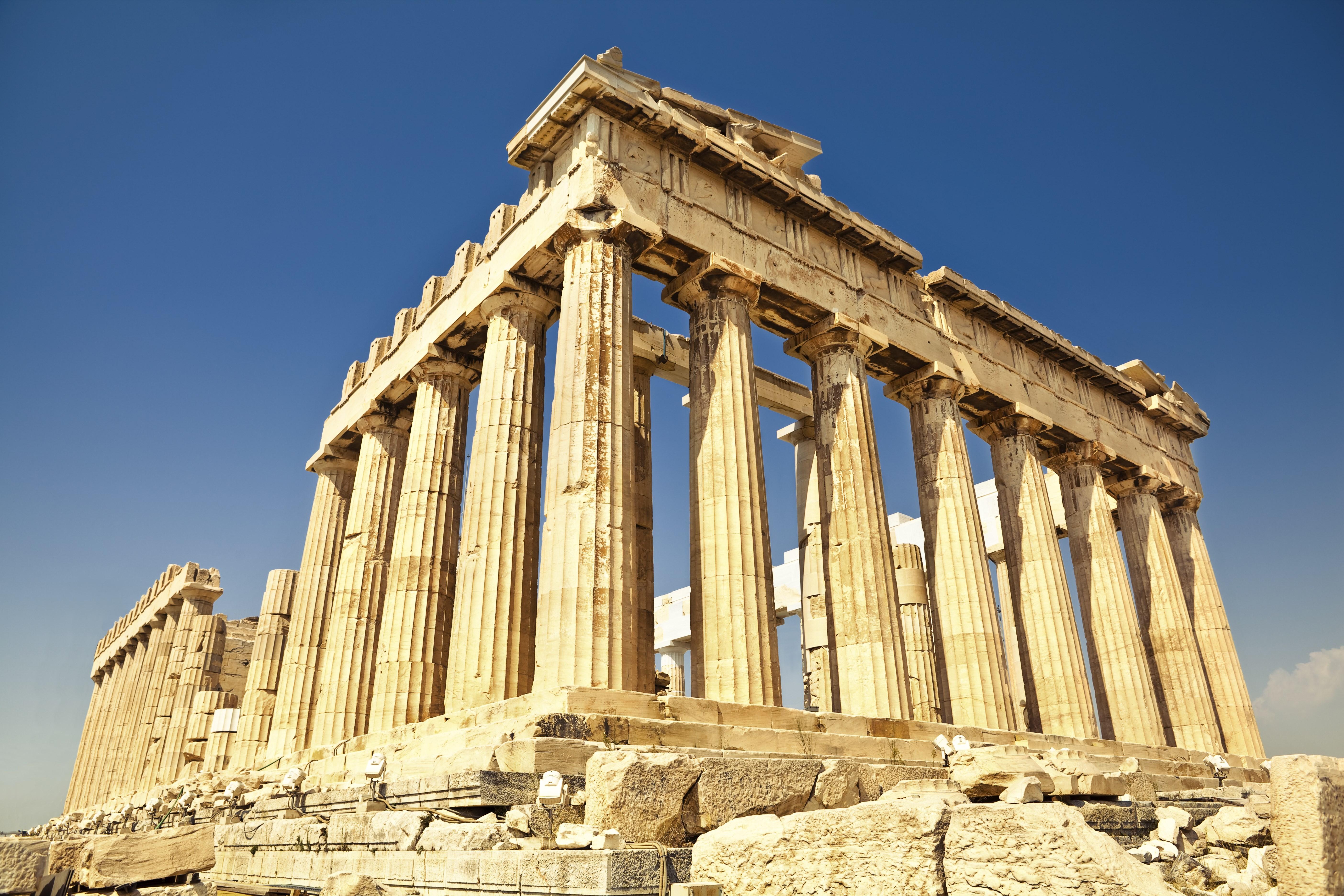
“Tho h d pas c n e t ea i .”
George Santayana, Spanish-American Philosopher, Spain, 18631952
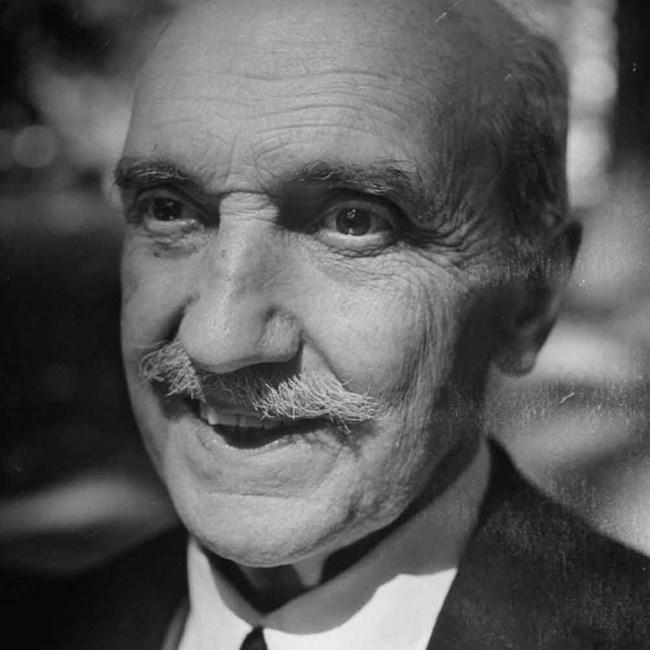

Two exam papers
Paper 1
Short answer and data response. Worth 50% of overall grade.
Paper 2
Case study. Worth 50% of overall grade
Exam board/code: Cambridge / 0450
Grades available: A* to G
Students have three lessons per week.
Students will explore business essentials, covering:
Business Fundamentals: Uncover the purpose and nature of business, exploring enterprise, entrepreneurs, business classification, size measurement, types of organizations, objectives, and stakeholder considerations.
Economics and business students, highly valued for their commercial awareness, apply their industry knowledge across roles in business, HR, finance, marketing, PR, sales, and consulting.
Specializing in areas like strategic consulting, IT consulting, HR consulting, and business process management opens doors to dynamic career opportunities.
Shape a versatile future with sought-after skills.
People in Business: Study human resources, focusing on motivation, organizational structures, management methods, recruitment, selection, training, and effective communication.
Marketing Mastery: Examine marketing's role, differentiating niche and mass markets. Understand market segmentation, research, the marketing mix (the four Ps), and strategies for influencing consumers.
Operations Excellence: Concentrate on production, understanding methods, productivity enhancement, cost analysis, break-even points, production quality, and strategic location decisions.
Financial Insights: Dive into finance and accounting, covering business finance, cash-flow forecasting, working capital, income statements, financial position statements, and account analysis.
External Influences Unveiled: Explore external factors shaping business, including government influences, legal constraints, globalisation, multinational businesses, and exchange rates.
Throughout the course, students will develop a deep understanding of business intricacies, shaping their academic and professional future.
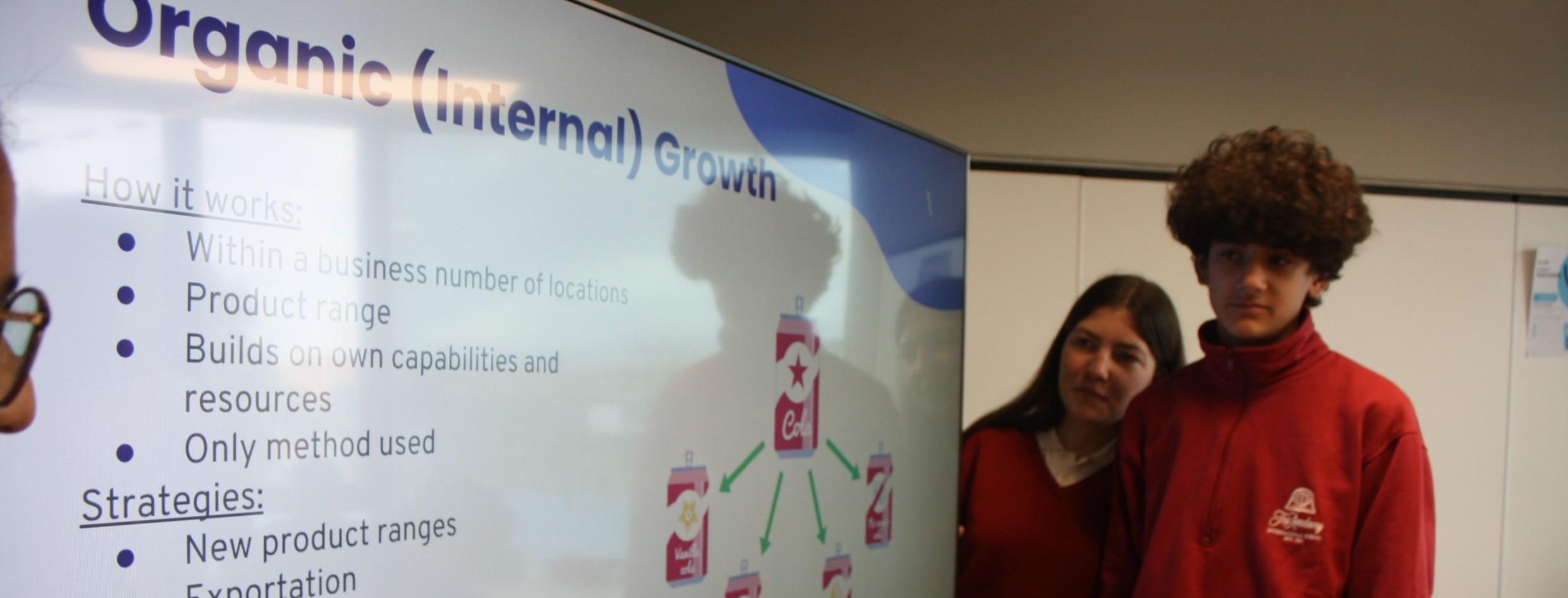

Exam board/code: Cambridge / 0460
Grades available: A* to G
Geography can be classed as both a science and an art subject and has a lot of cross-over with other subject areas which means that geography can help support study in other areas such as biology; business; history...to name just a few.
It is a subject full of transferable skills that you will be able to use in other subject areas and post-IGCSE. It may surprise you that there is a lot of maths in geography. Geographers like to interpret data; understand statistics; look for trends and patterns and analyse maps and charts.
It is ever-changing and up-to-date. If you are interested in what is going on in the world around you; you take an interest in news and current affairs; you want to find out more about the world...its people; their cultures; beliefs and the environment; then this course is for you!
The course is split into three themes:
1. Population and settlement - including population dynamic; migration; population structure; population density and distribution; settlements and service provision; urban settlements and urbanisation.
2. The natural environment - including earthquakes and volcanoes; rivers; coasts; weather; climate and natural vegetation
3. Economic development - including development; food production; industry; tourism; energy; water and environmental risks of economic development
Throughout the study of the themes above you will work on developing geographical skills which cover: map skills; using maps; graphing and using numerical data; using illustrations; fieldwork skills and using GIS and satellite images.
Three exam papers
Paper 1
Geographical themes. worth 45% of final grade
Paper 2
Geographical skills. Worth 27.5% of final grade
Paper 4
Alternative to coursework. Worth 27.5% of final grade
Geography is a highly regarded subject and can lead to a diverse range of careers such as: park ranger; teacher; surveyor; geospatial analyst; computer programmer; travel writer; market researcher; librarian; real estate appraiser; transport manager; GIS specialist; geopolitical analyst; landscape architect; urban planner; emergency manager; economic consultant; environmental scientist; cartographer and many more

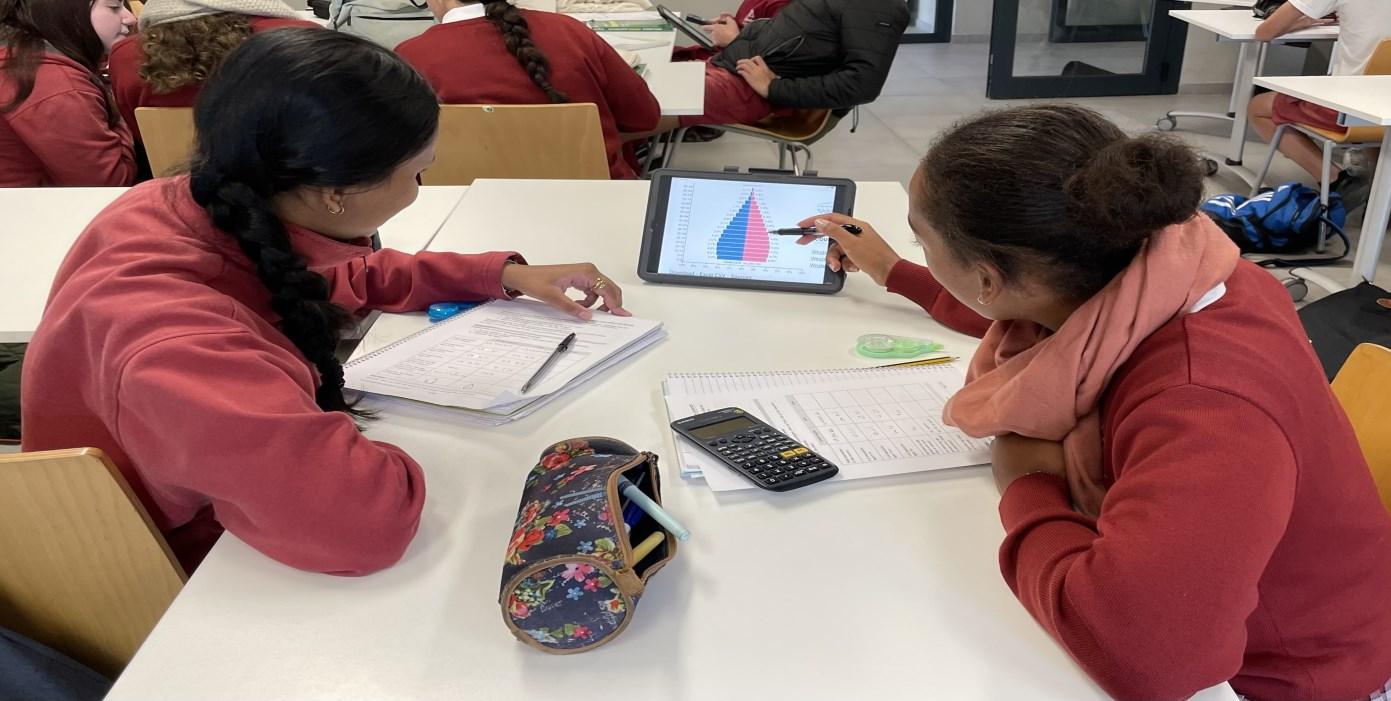

Three exam papers
Paper 1:
Structured questions: 2 hours (40%)
Paper 2:
Document questions: 1 hour 45 minutes (30%)
Paper 4: Depth study essay paper (30%)
Exam board/code: Cambridge/ 0470
Grades available: A* to G
Students electing to study this course will have three lessons per week.
Cambridge IGCSE History offers students the opportunity to study world history in the 20th century. It encourages learners to raise questions and to develop and deploy historical skills, knowledge and understanding in order to provide historical explanations. Learners explore history from a diversity of perspectives, including social, economical, cultural and political.
Study history, and you will gain a wealth of skills such as critical reasoning, research and analytical thinking. It is a challenging academic subject, and employers regularly see a lot of value in it.
Career paths include: teacher; academic researcher; archivist; events manager; heritage manager; gallery curator; librarian; journalist; political analyst; and many more.
The content focuses on the following key questions:
· Was the Treaty of Versailles fair?
· To what extent was the League of Nations a success?
· How far was Hitler’s foreign policy to blame for the outbreak of war in Europe in 1939?
· Who was to blame for the Cold War?
· How effectively did the United States contain the spread of communism?
· How secure was the USSR’s control over Eastern Europe, 1948–c.1989?
In addition, students will study one Depth Study topic: The United States, 1919 - 1941.
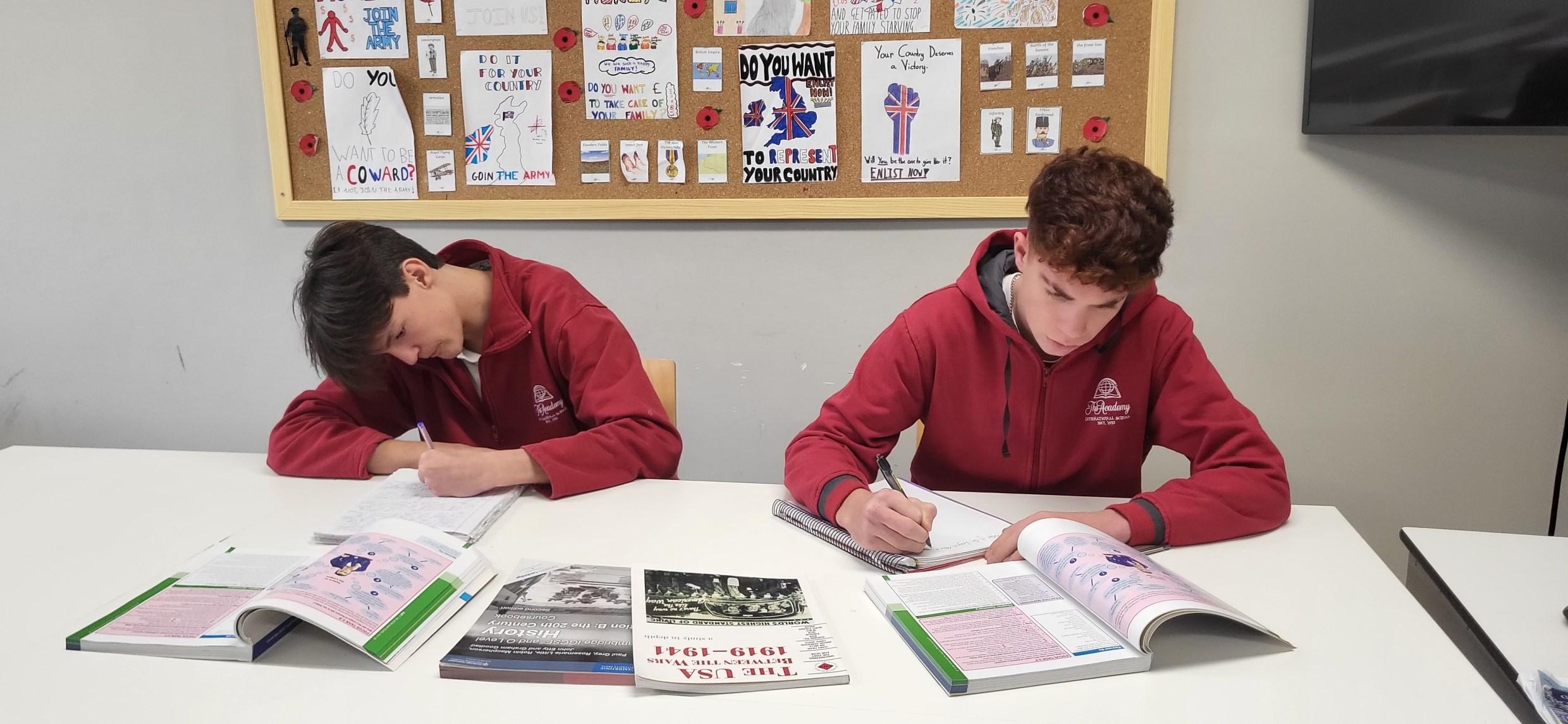

“I w l ra h es i n ha c ’ n e h n r ha c ’ es i e ”
- Richard P Feynman, theoretical physicist, USA, 1918—1988


One exam paper an an internally-assessed, externally-moderated piece of coursework.
Paper 1
Theory. Worth 50% of overall grade.
Coursework
Candidates are assessed on their ability to perform four different physical activities.
Sports science; PE teacher; physiotherapist; professional sportsperson; sports coach/consultant; sports policy at local and national level; diet and fitness instructor; personal trainer; sports psychologist; and many more.
Exam board/code: Cambridge/ 0413
Grades available: A* to G
The course aims are to enable students to develop their knowledge and understanding of the theory underpinning physical performance in a modern world, using and applying this knowledge and understanding to improve their performance. Students have three lessons per week, being a blend of classroom learning and physical activity.
Candidates will perform in a range of physical activities, developing skills and techniques, and selecting and using tactics, strategies and/or compositional ideas. Students will be able to understand and appreciate safe practice and the benefit of physical activity and sport for health, fitness and well-being, gaining a sound basis for further study in the field of Physical Education.
The syllabus provides learners with an opportunity to study both the practical and theoretical aspects of physical education. It is designed to encourage enjoyment in physical activity by providing learners with an opportunity to take part in a range of physical activities and develop an understanding of effective and safe physical performance. This helps learners to develop an appreciation of the necessity for sound understanding of the principles, practices and training that underpin improved performance, better health and well-being.
Candidates will study all of the following topics:
1. Anatomy and physiology
2. Health, fitness, and training
3. Skill acquisition and psychology
4. Social, cultural, and ethical influences.

Exam board/code: Cambridge/ 0478
Grades available: A* to G
The course aims to help candidates develop their knowledge, skills and understanding in the forever-developing world of Computer Science and be aware of new and emerging technologies. Candidates will also be able to develop their computational thinking skills in high level programming languages and gain an understanding of the main principles of solving problems using computers.
Students have 3 lessons per week and there are 2 examinations at the end of the course which are both 1 hour 45 minutes. Paper 1 consists of questions based on Computer Systems and Paper 2 based on Algorithms, Programming and Logic (Programming), discussed below.
Computer Systems: Students will gain knowledge and understanding of the fundamental principles and concepts behind Computer Science starting with the basic workings of technology. Students will then explore how a computer represents data and how we communicate using technology. Topics include data representation, data transmission, hardware, software, the internet and automated/emerging technologies.
Algorithms, programming and logic: Learners develop their computational thinking skills by doing practical problem-solving and programming using appropriate resources. It is also expected that learners have the opportunity in class to write their own
Two exam papers
Paper 1
Computer Systems.
Worth 50% of overall grade
Paper 2
Algorithms, programming and logic.
Worth 50% of overall grade
Direct links: applications developer; cyber security analyst; data analyst; forensic computer analyst; game designer; games developer; machine learning engineer; penetration tester; software engineer; systems analyst; UX designer; web designer; web developer.

Related links: business analyst; IT sales professional; IT trainer; nanotechnologist; network engineer; telecommunications researcher.

